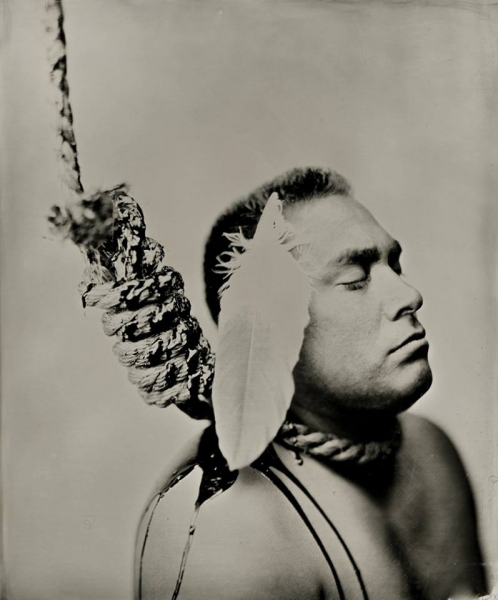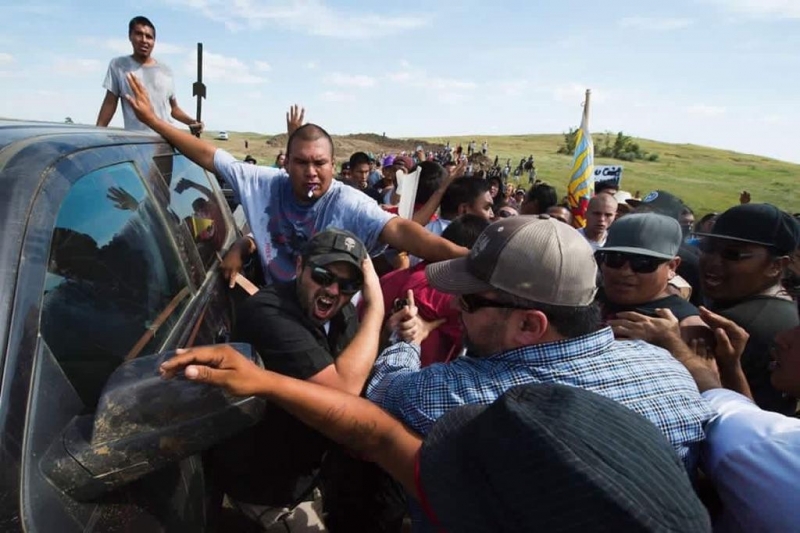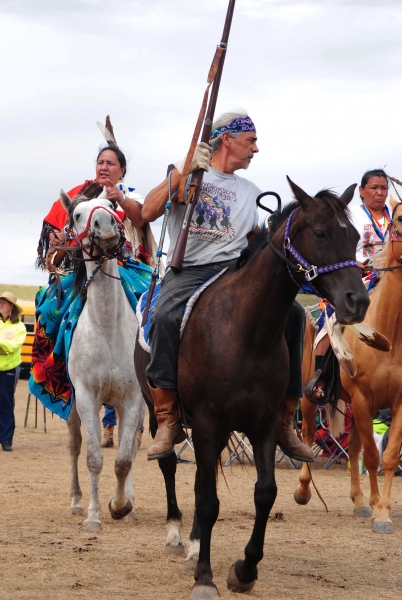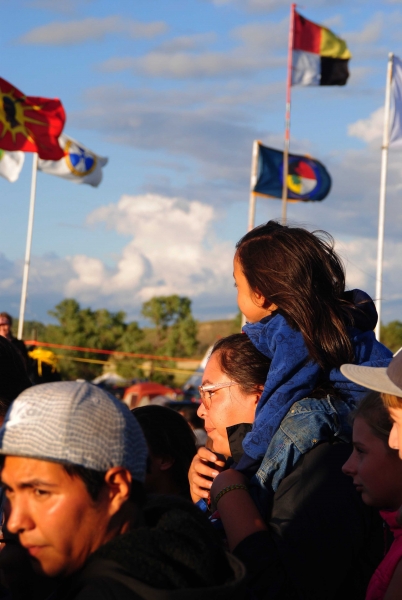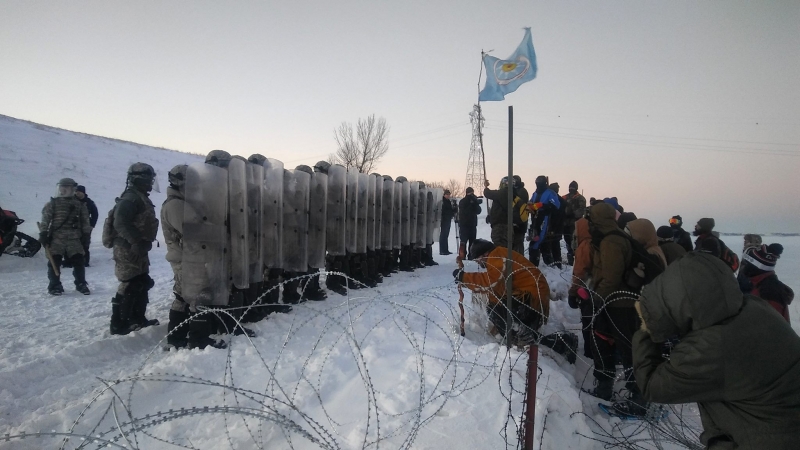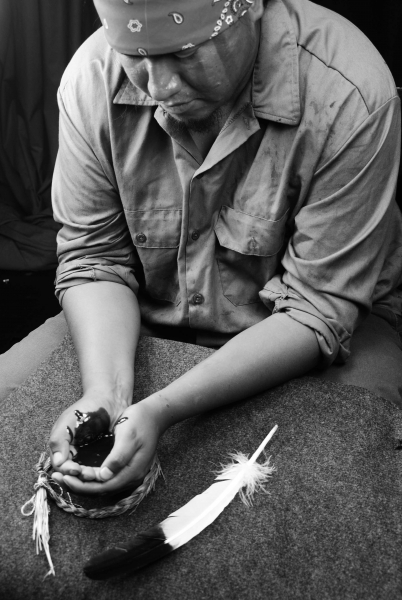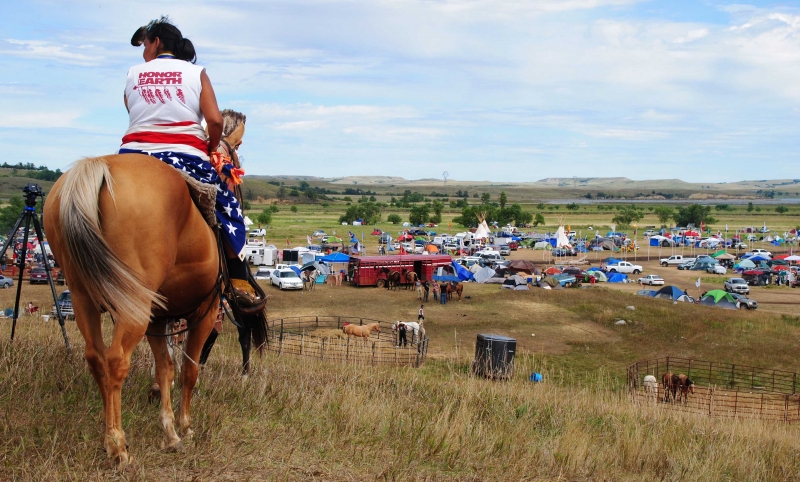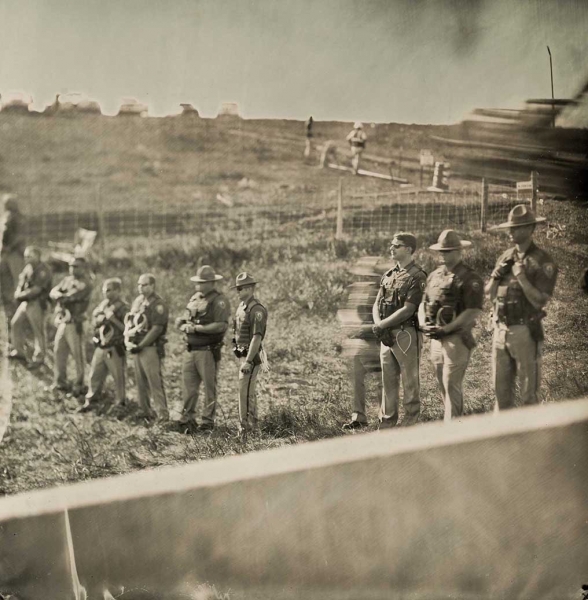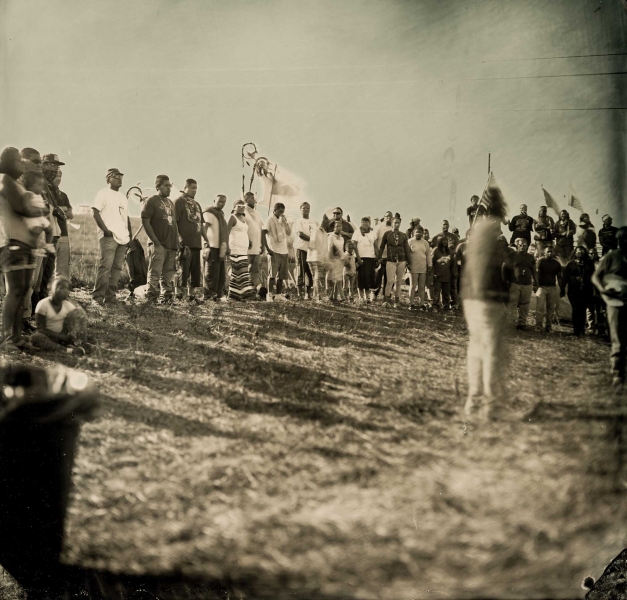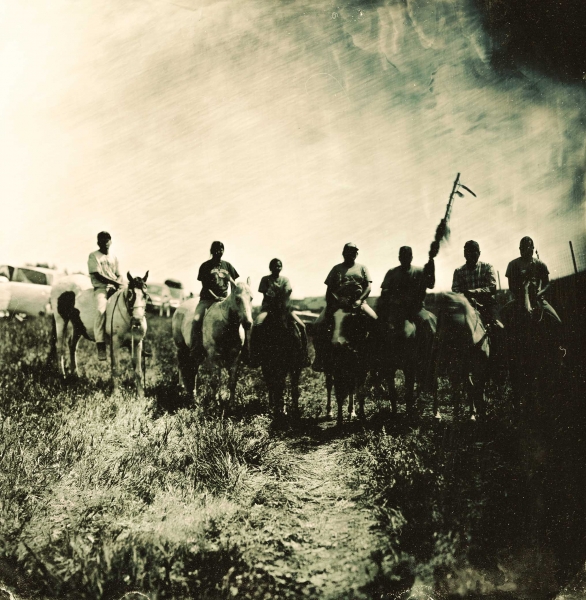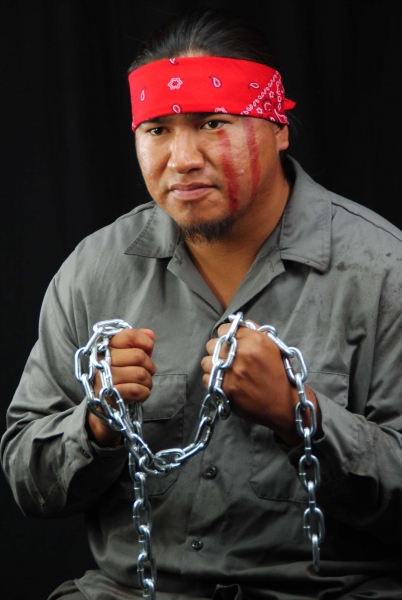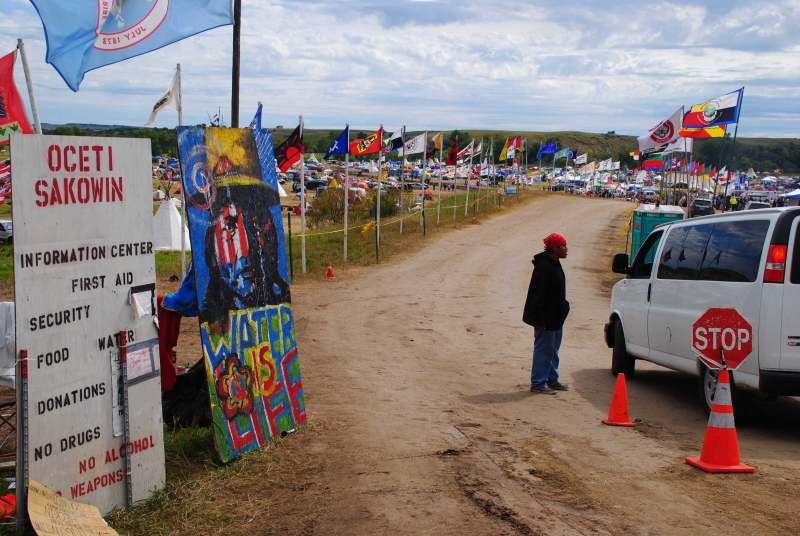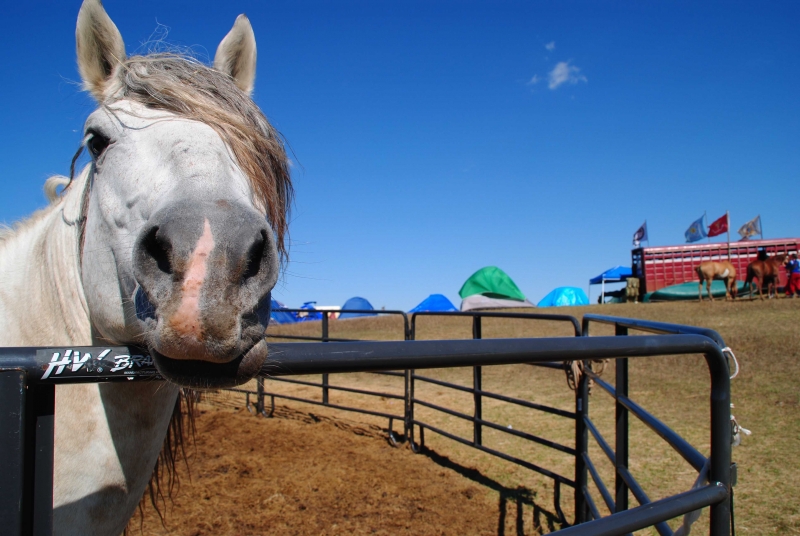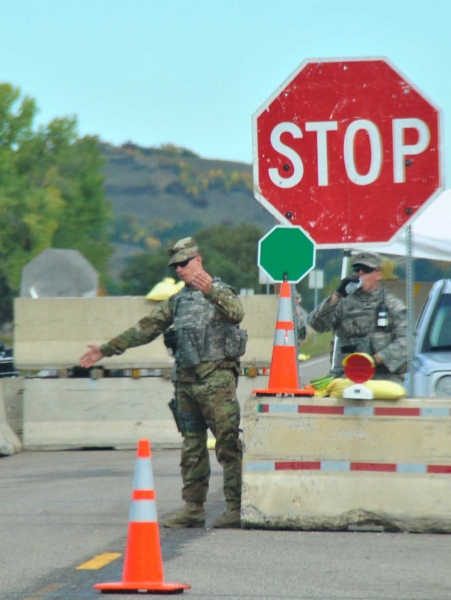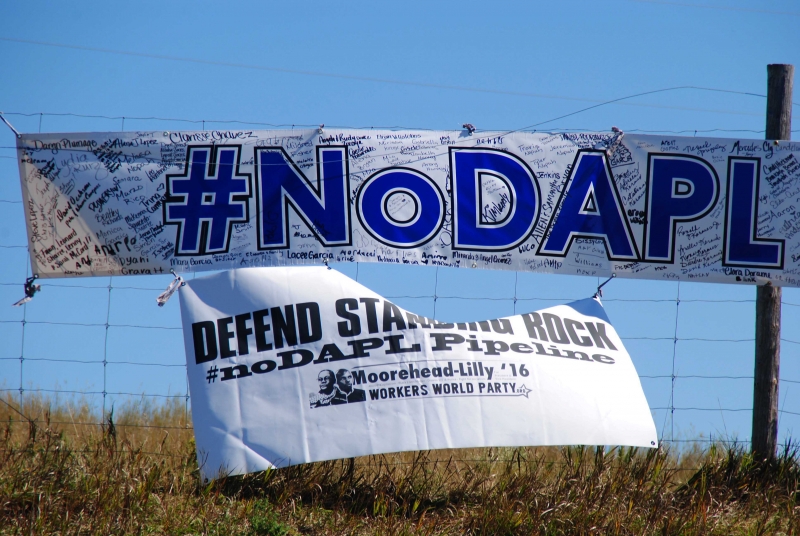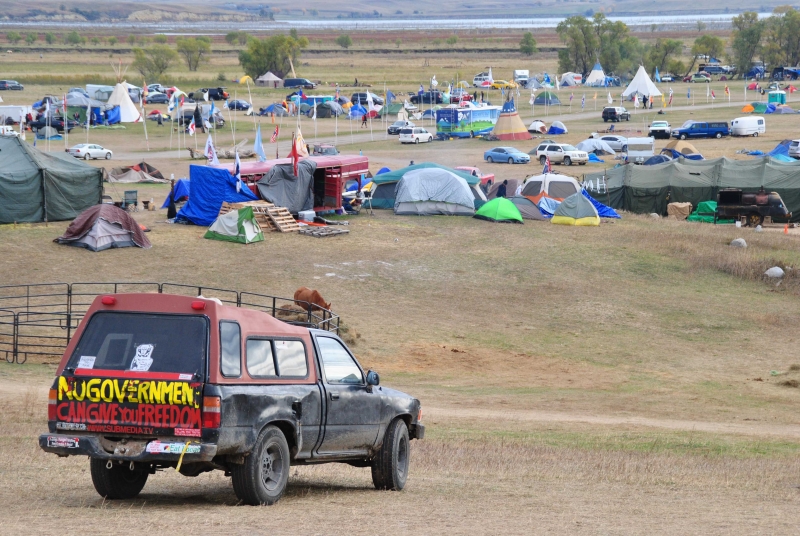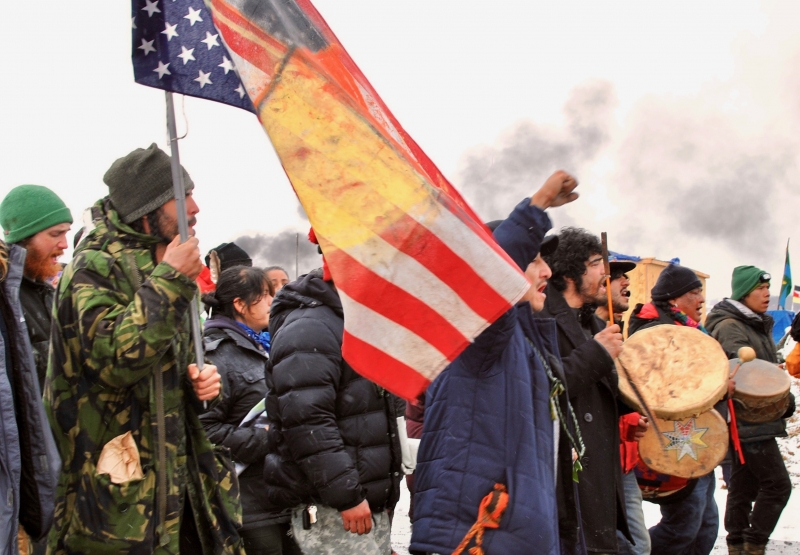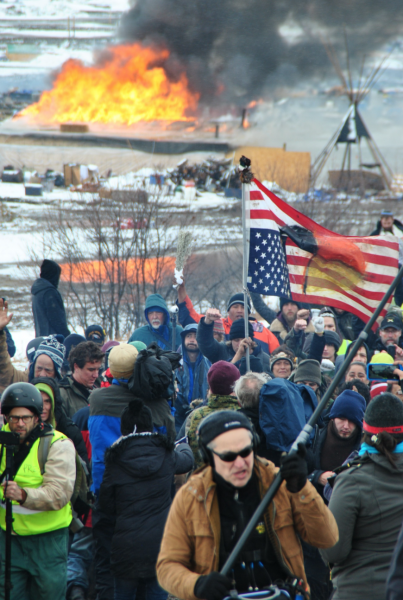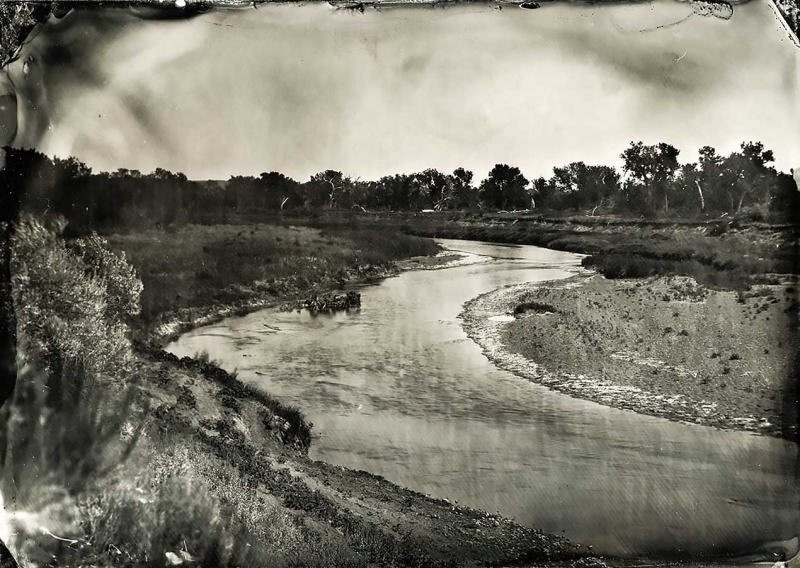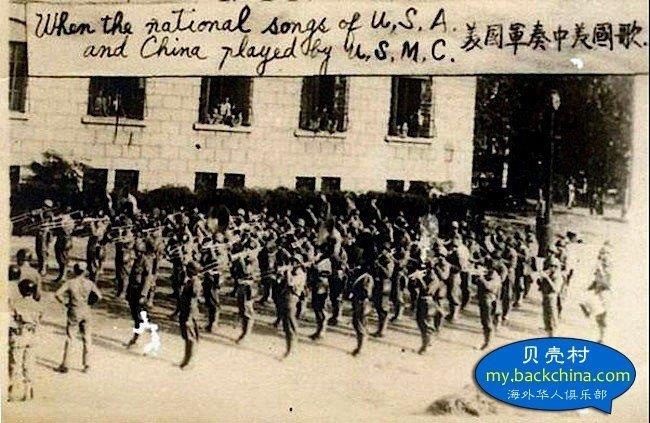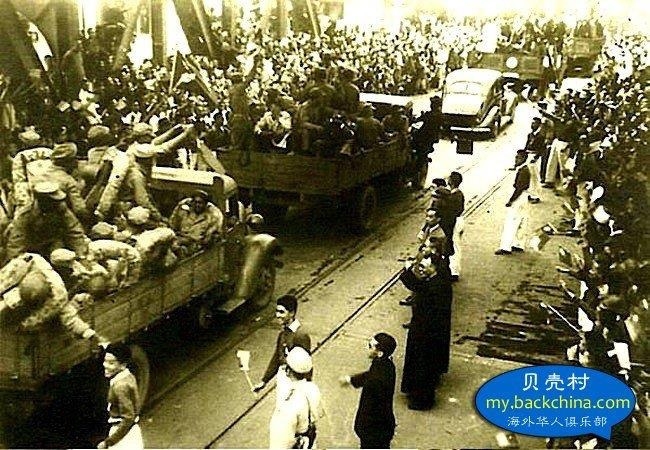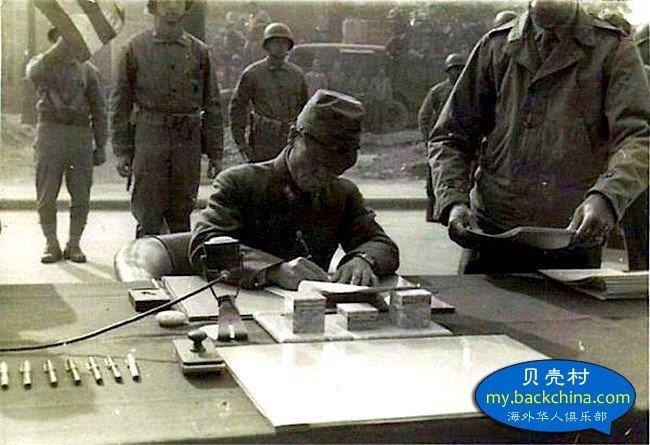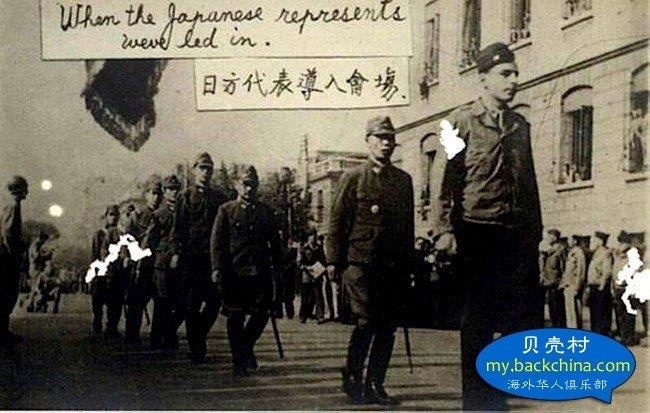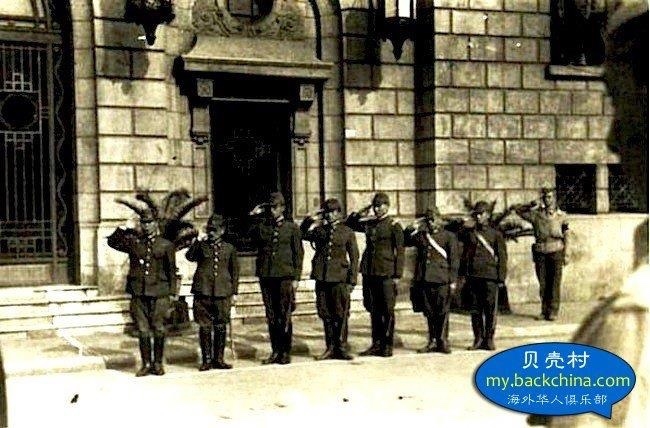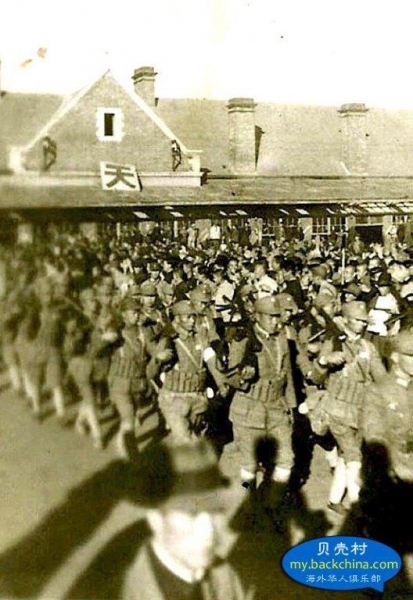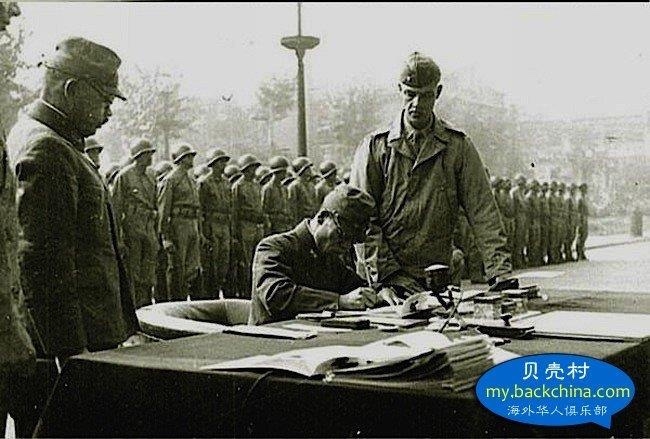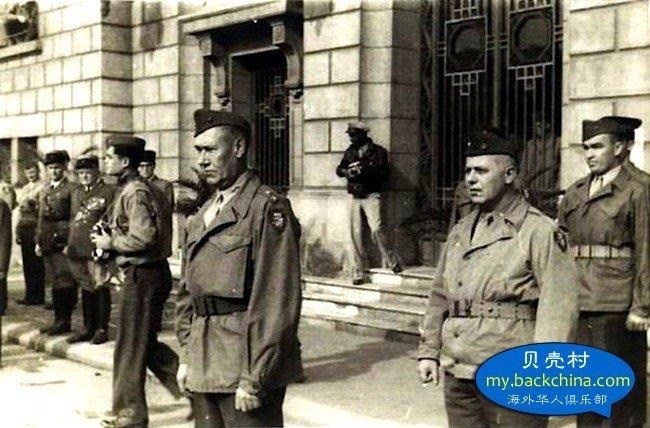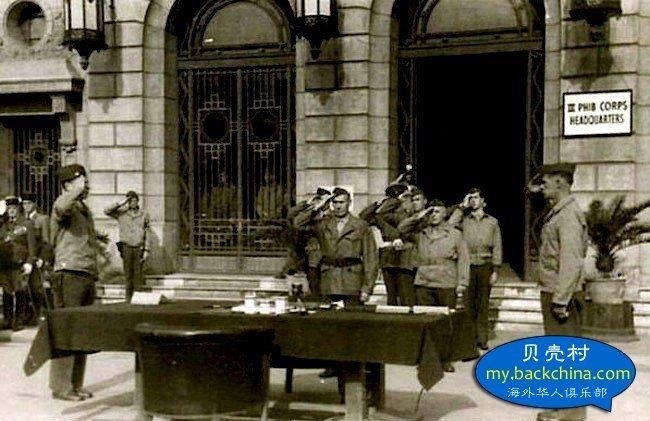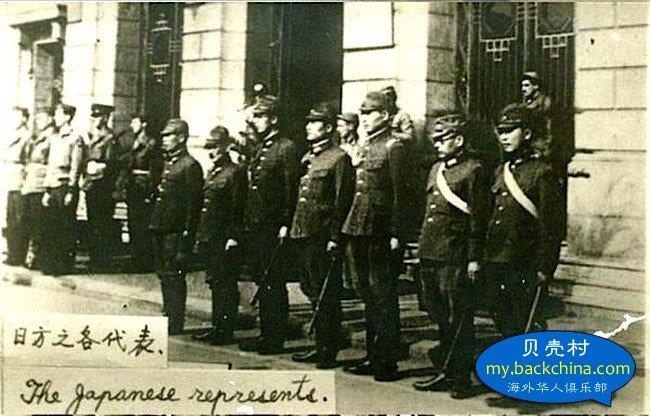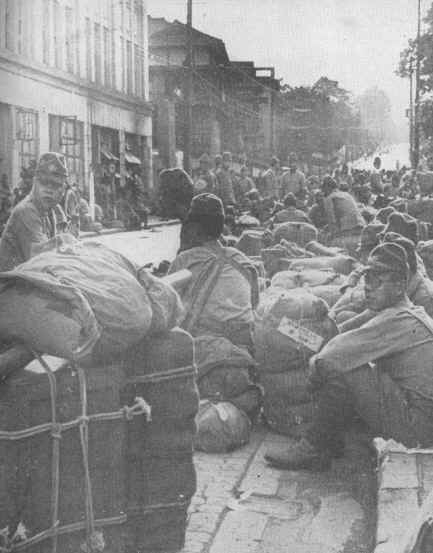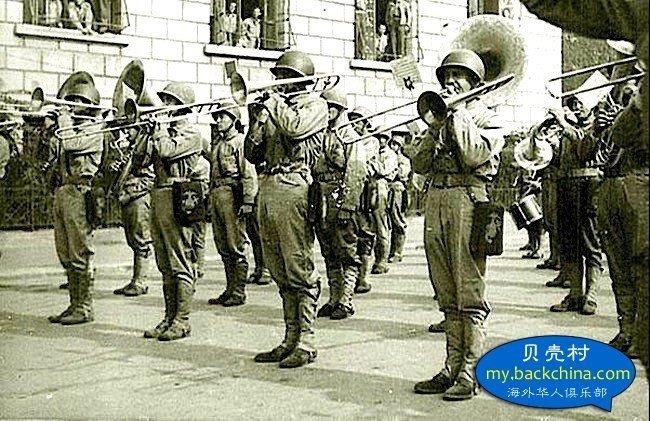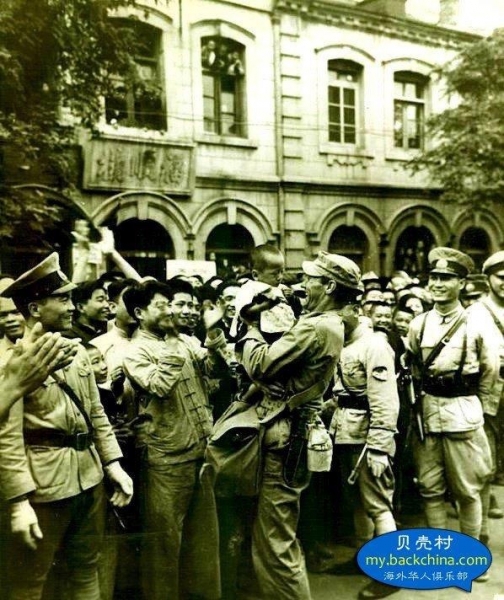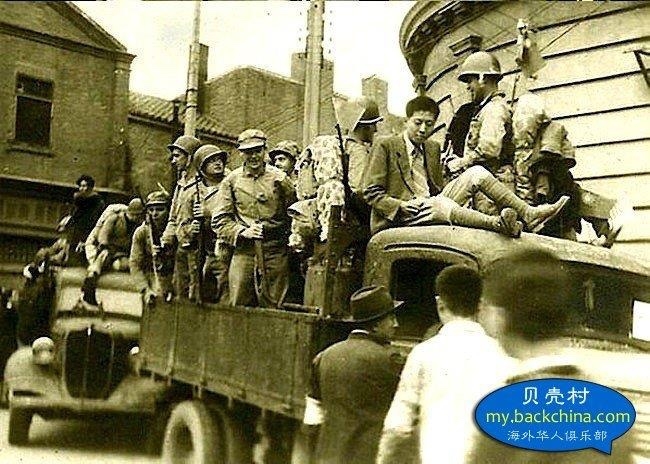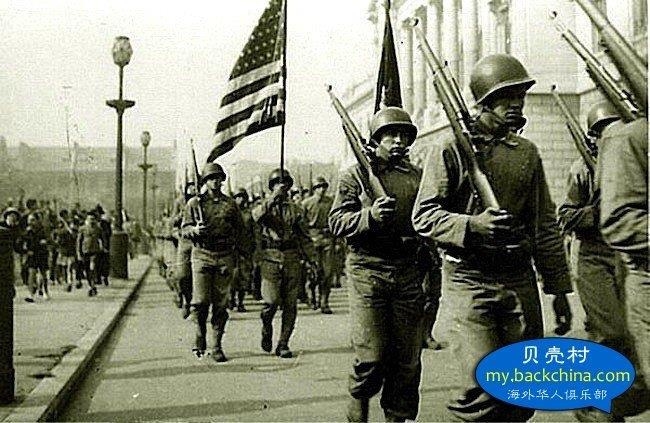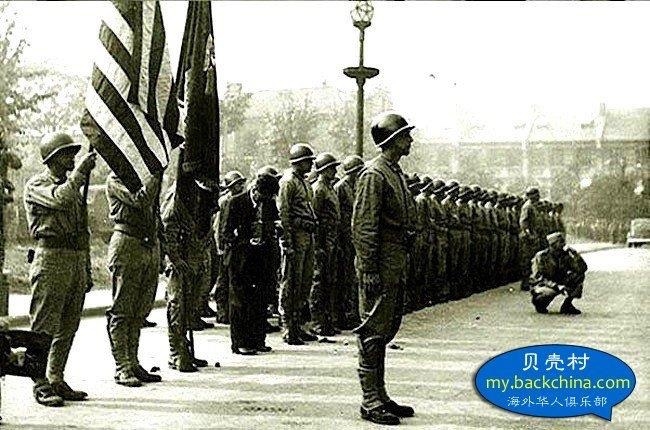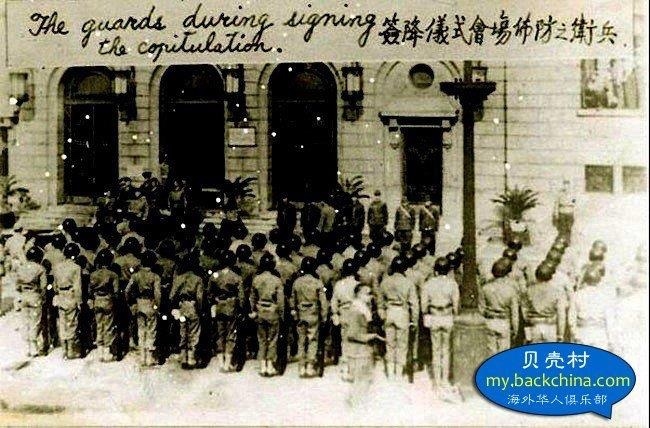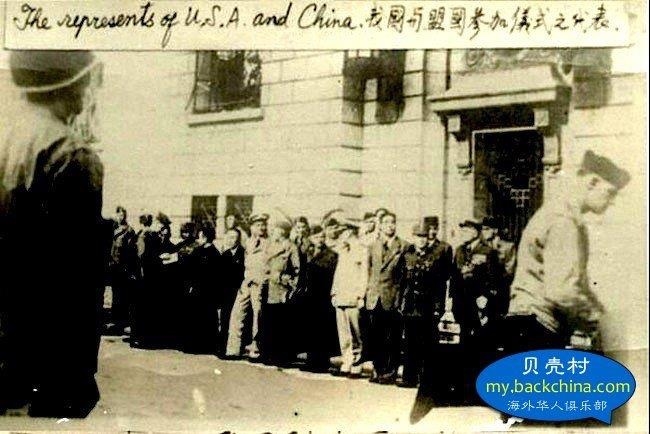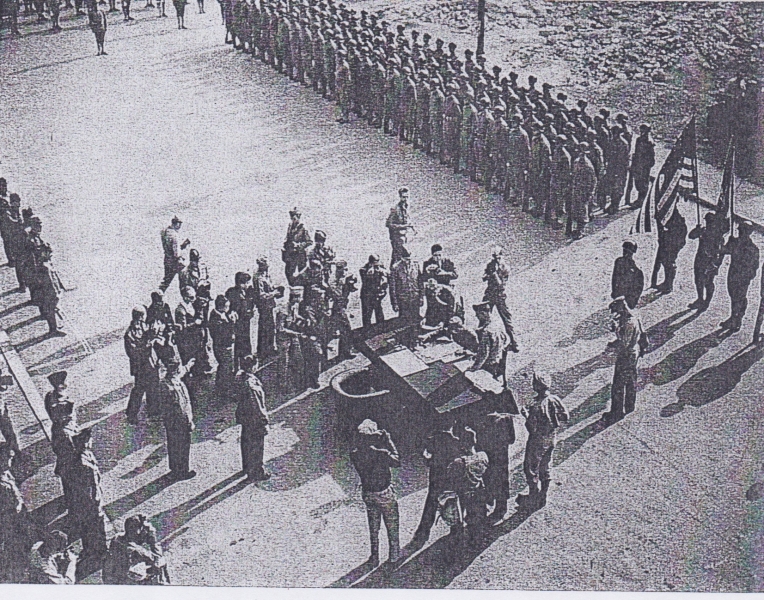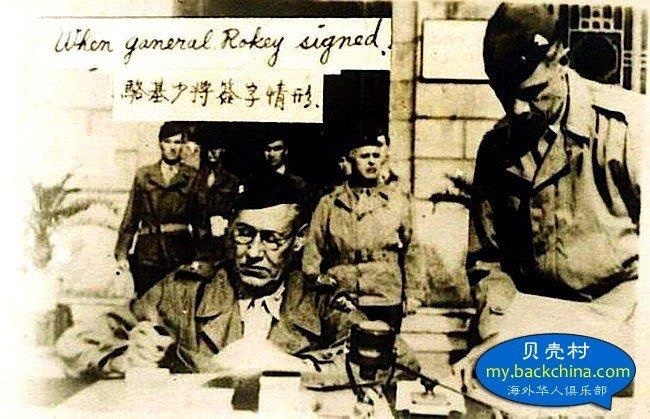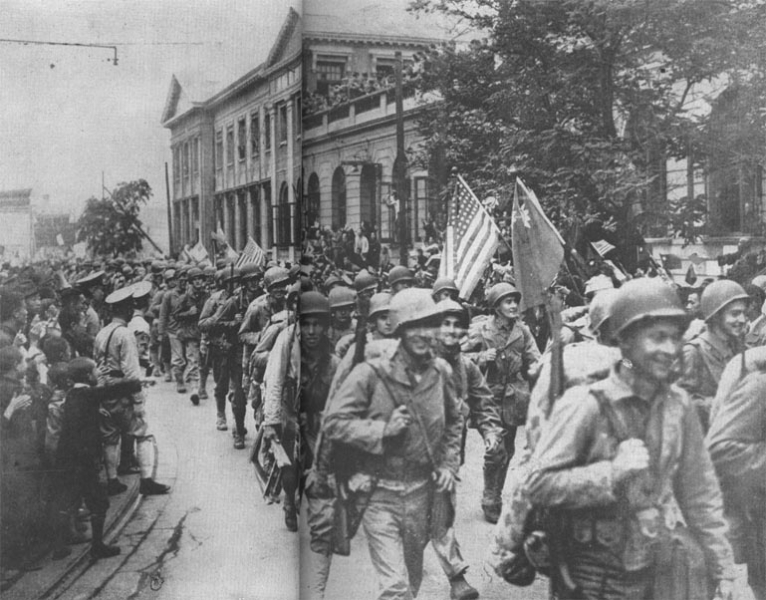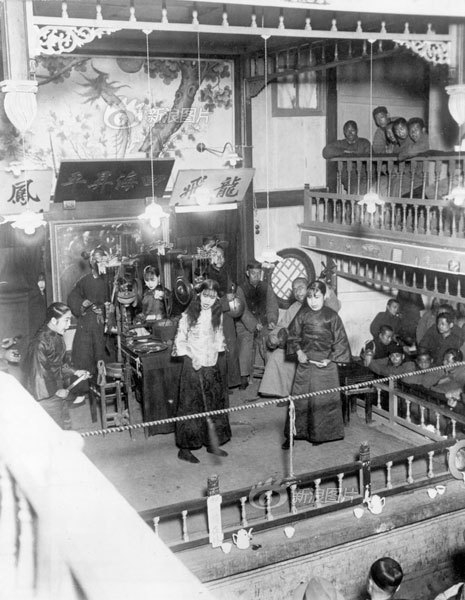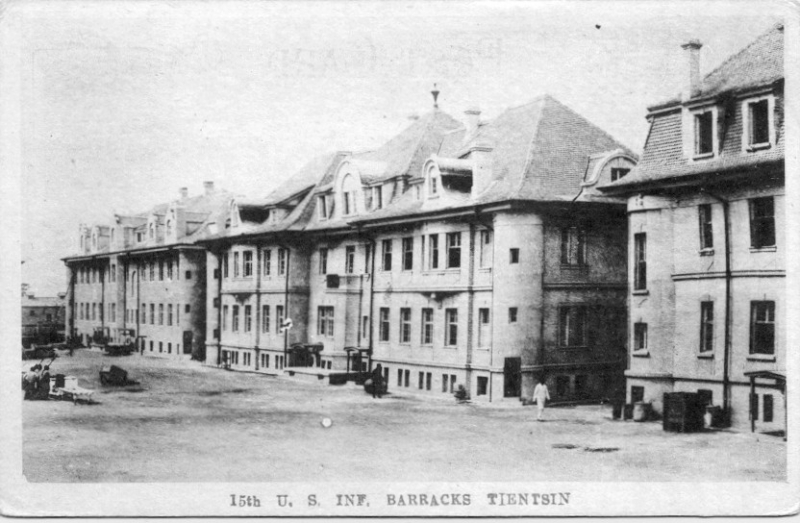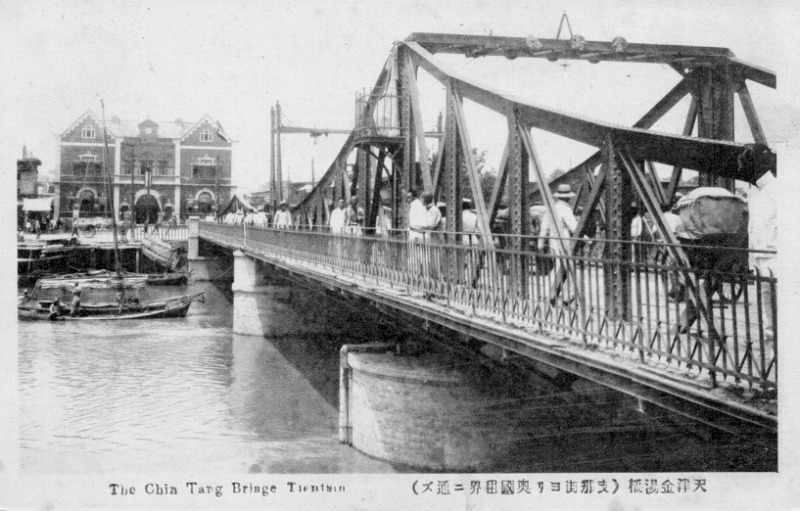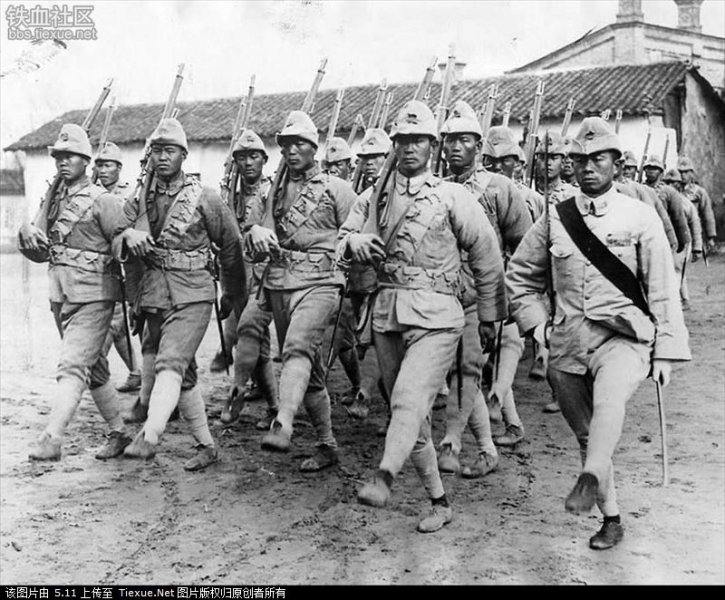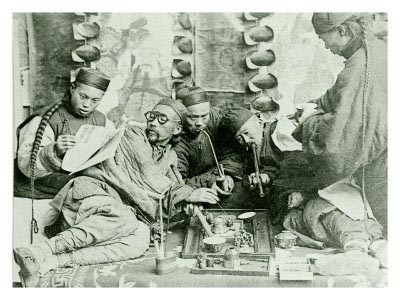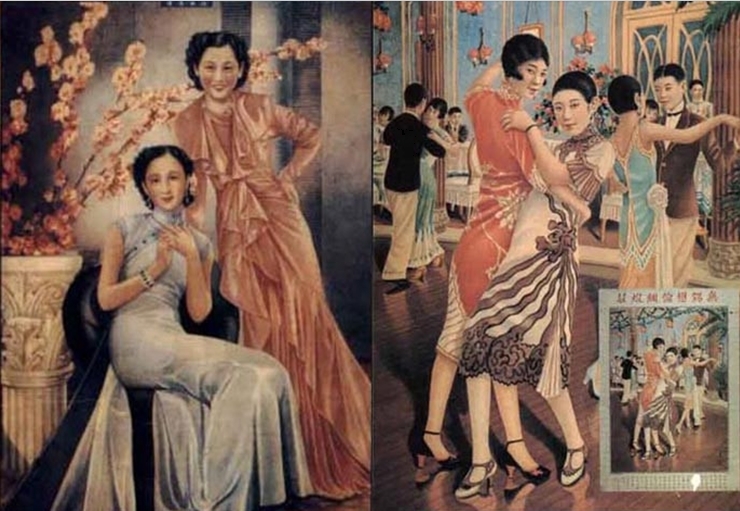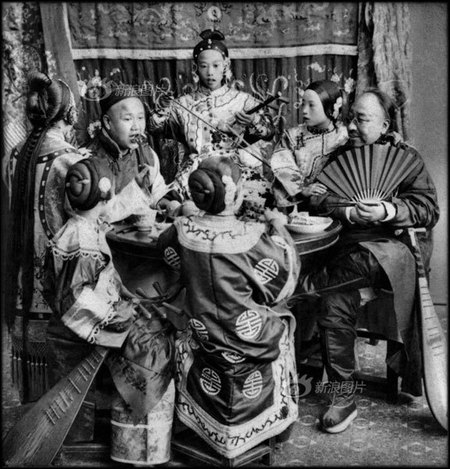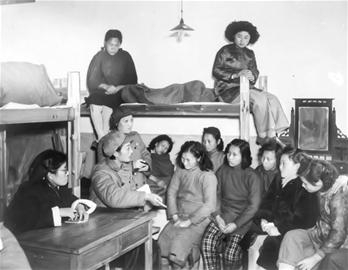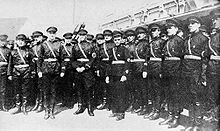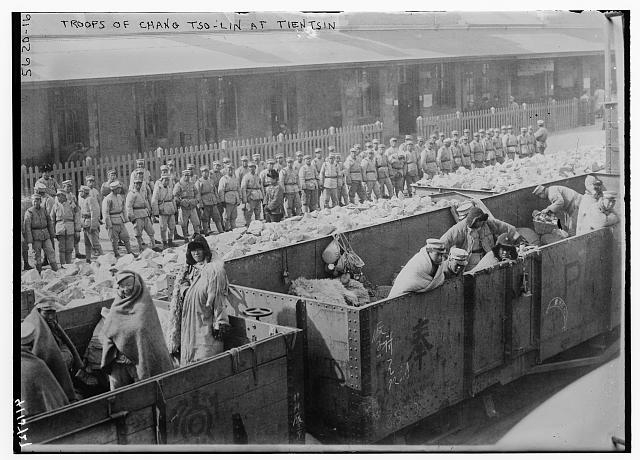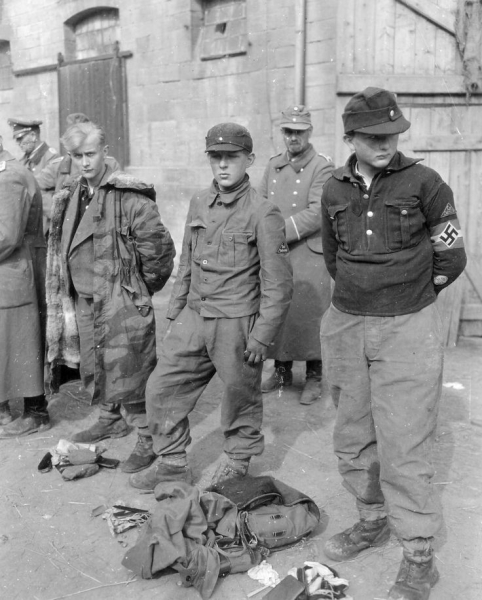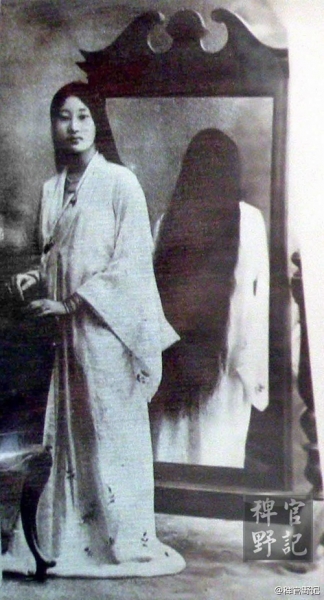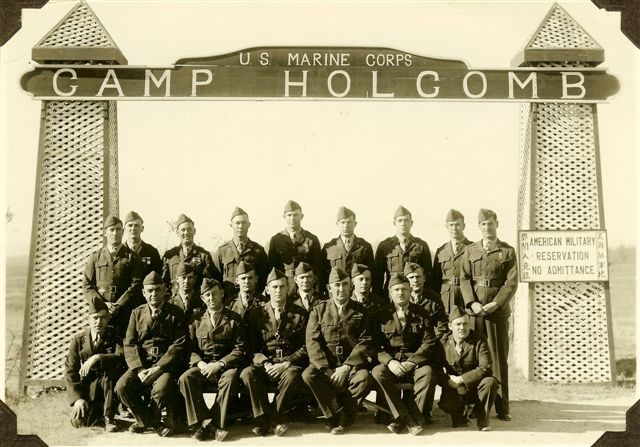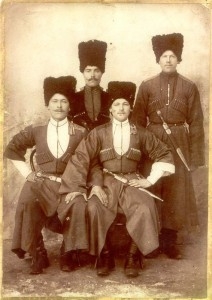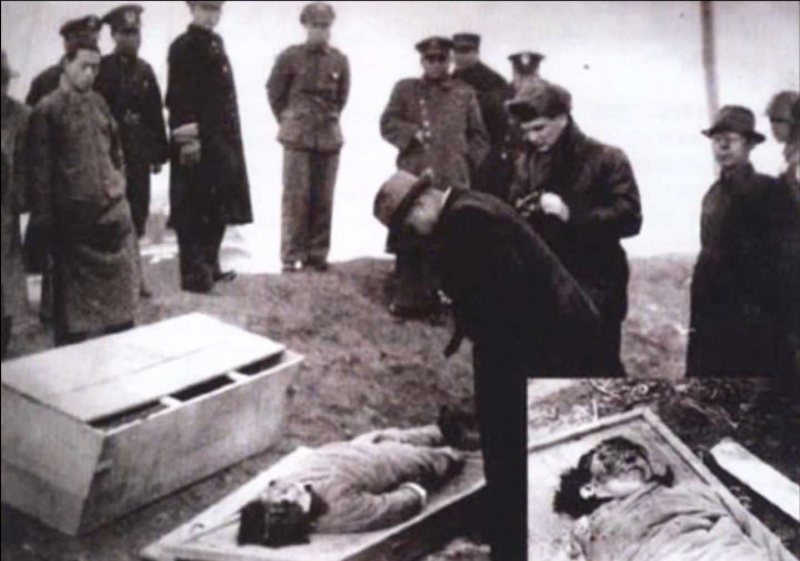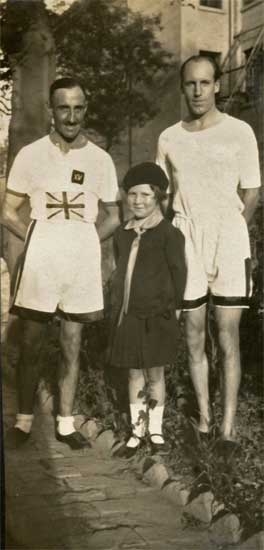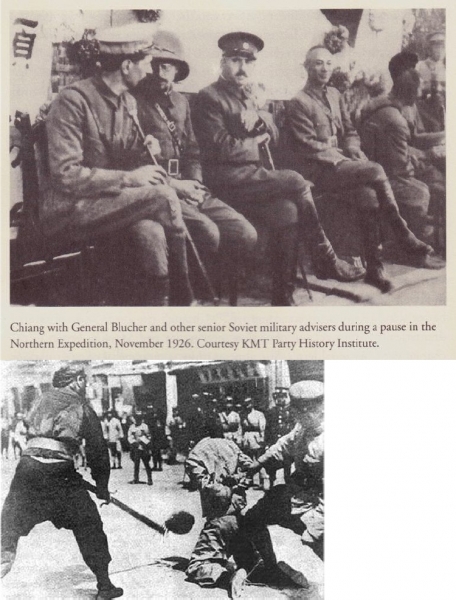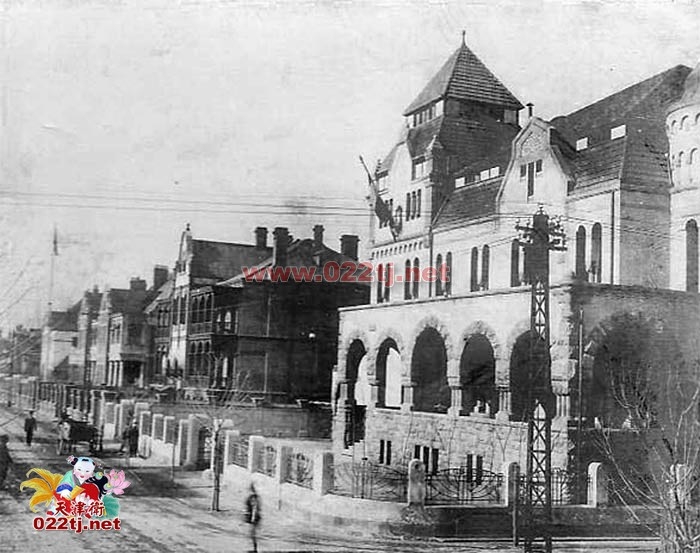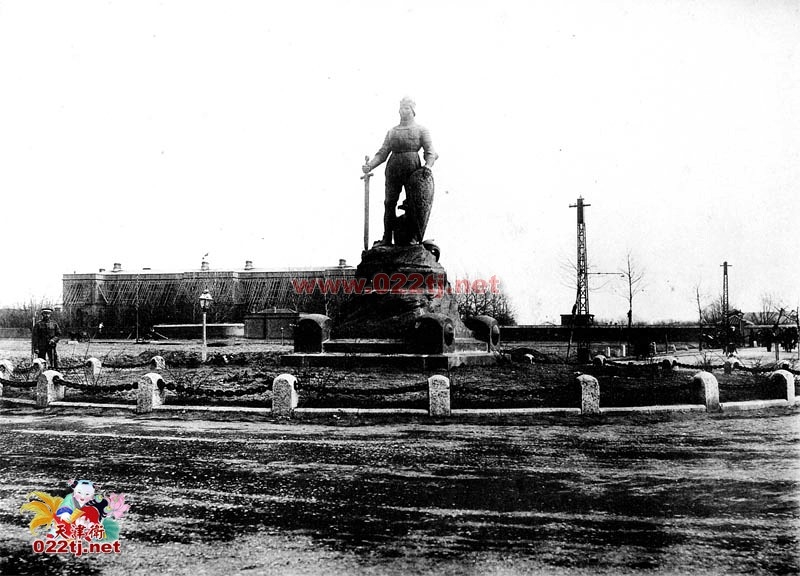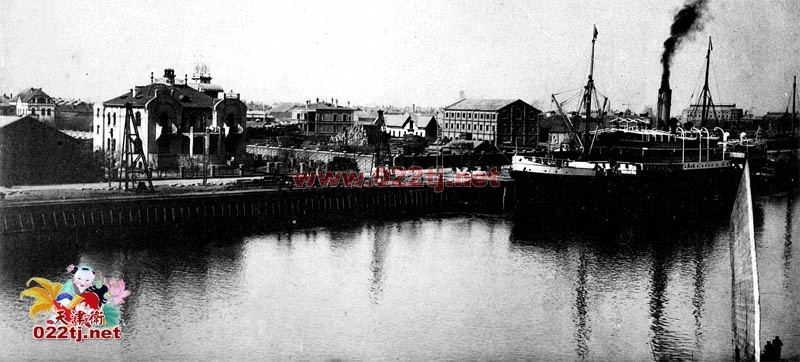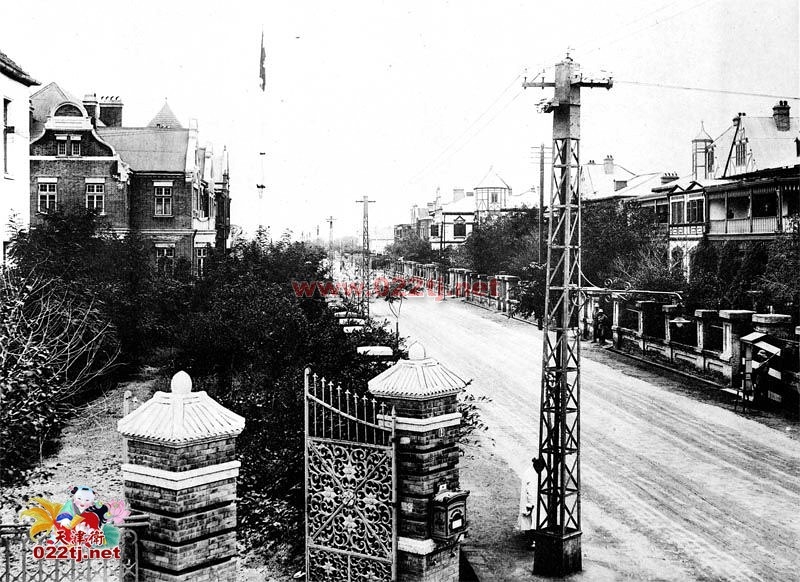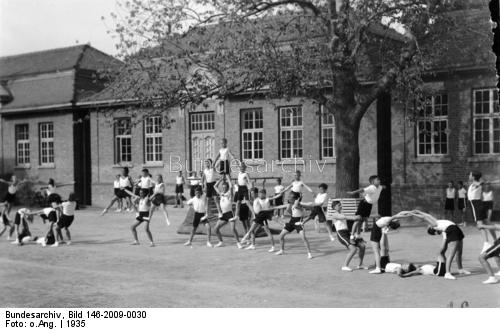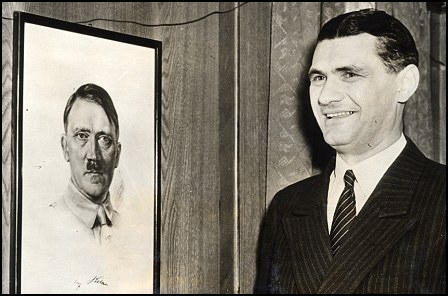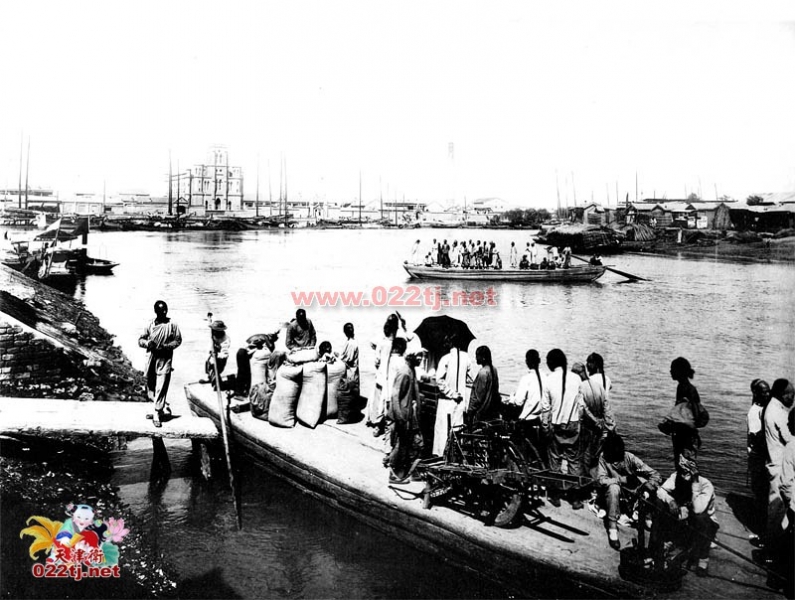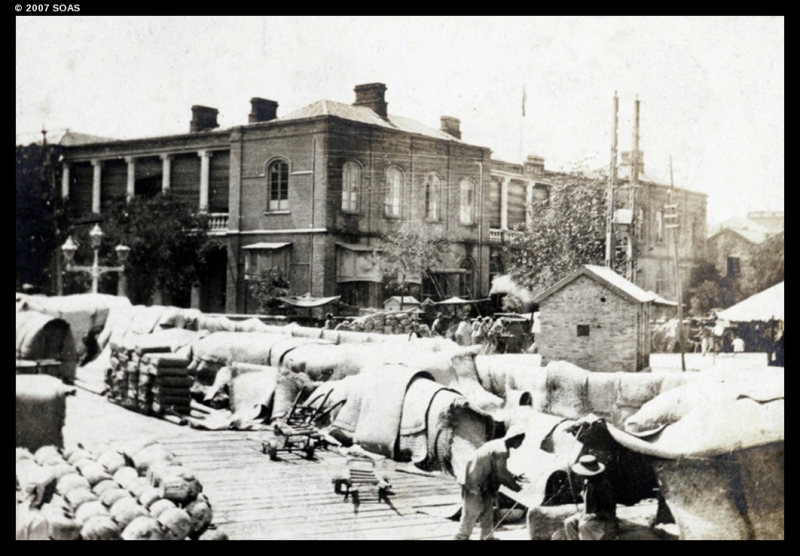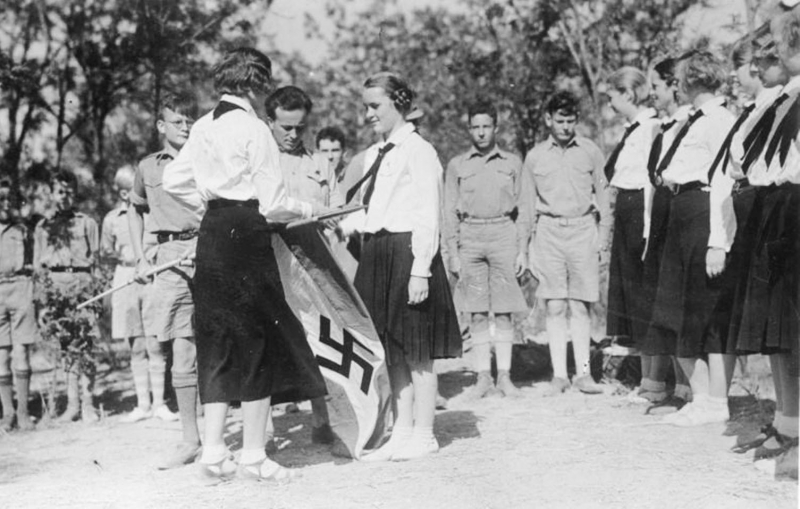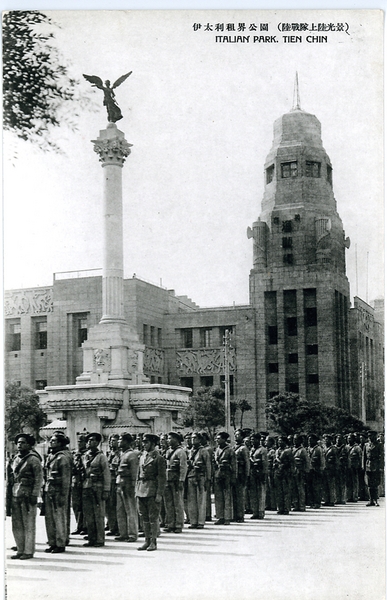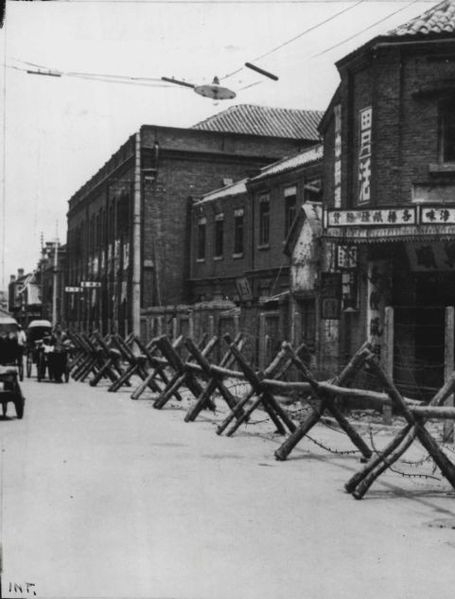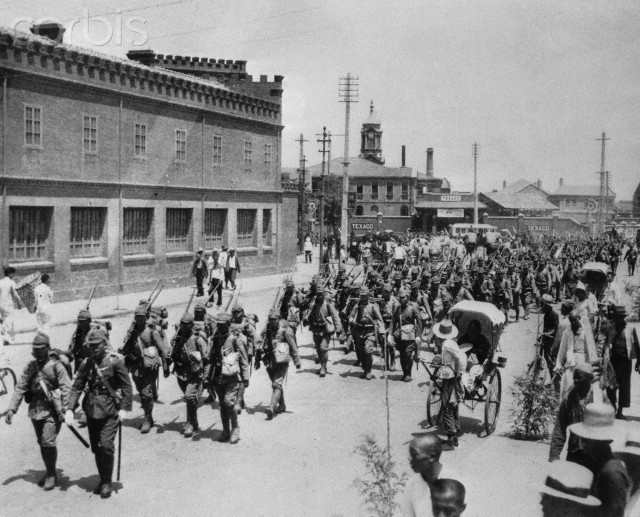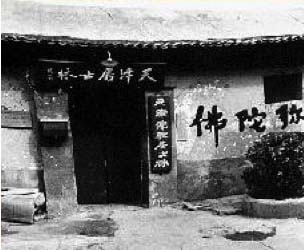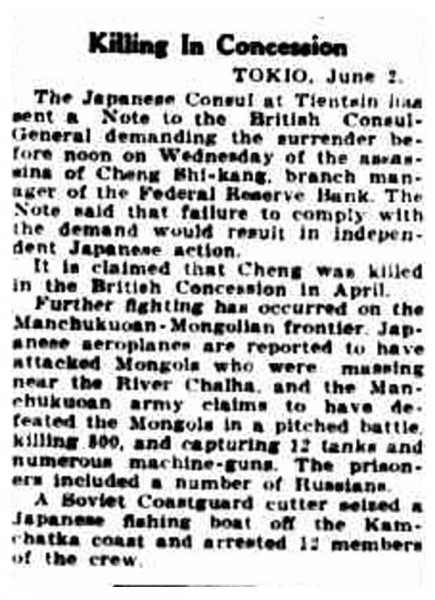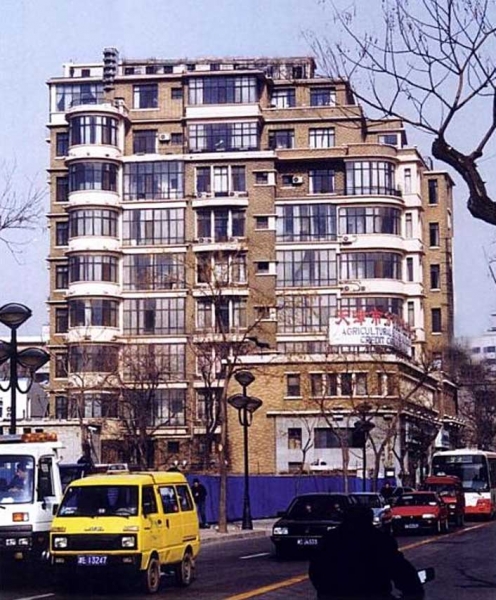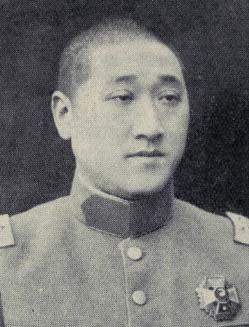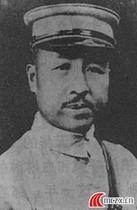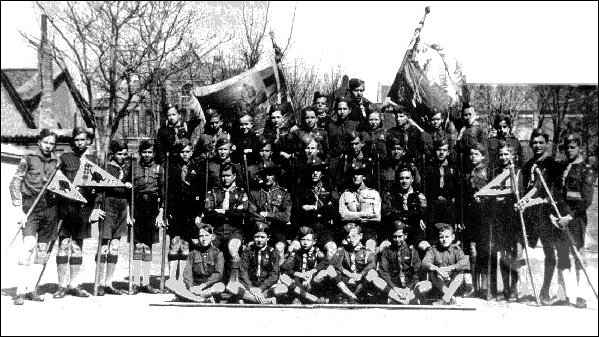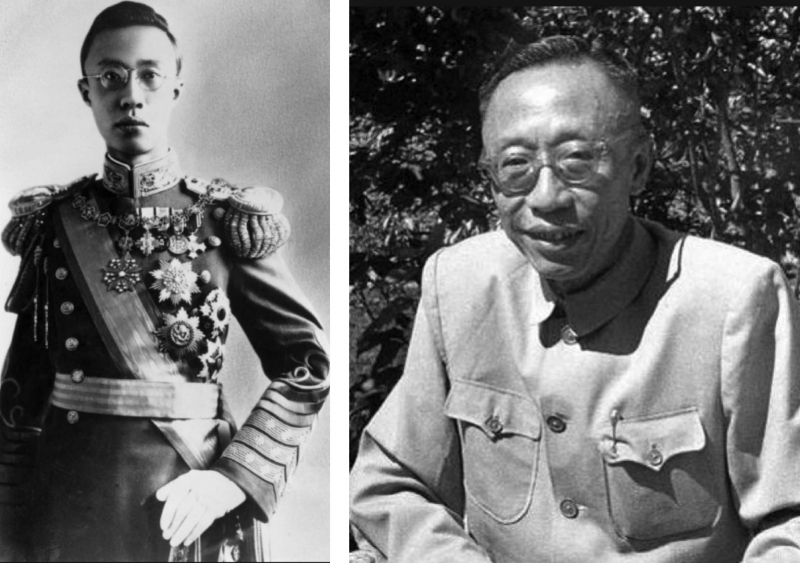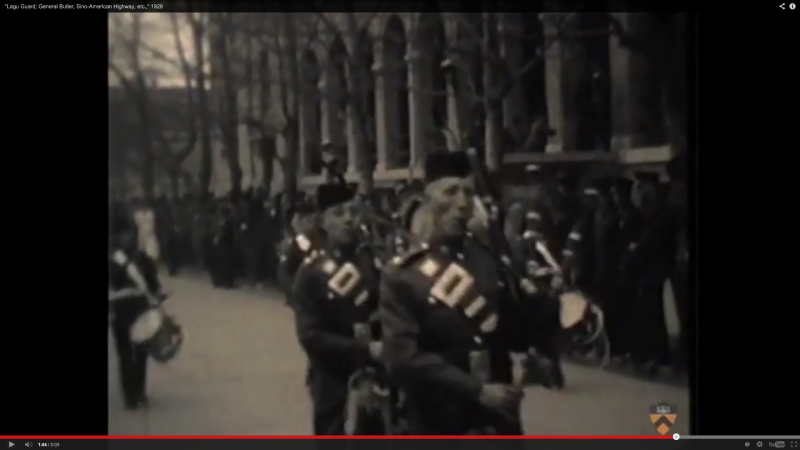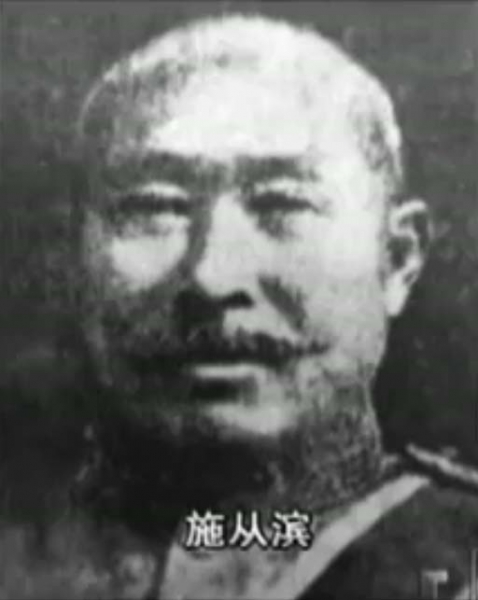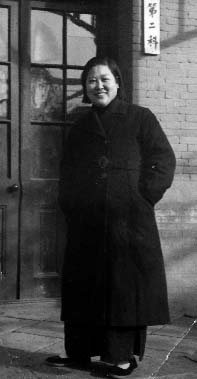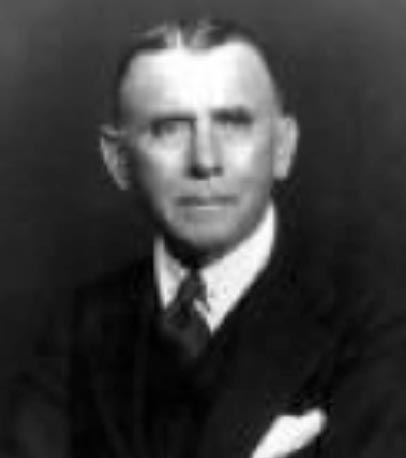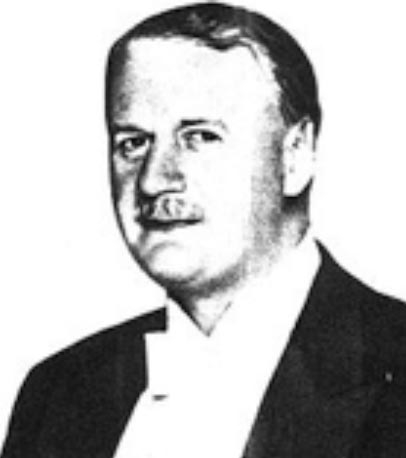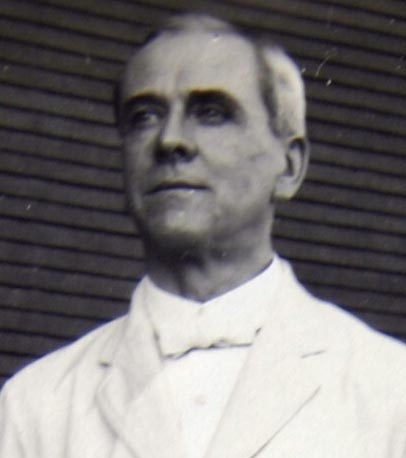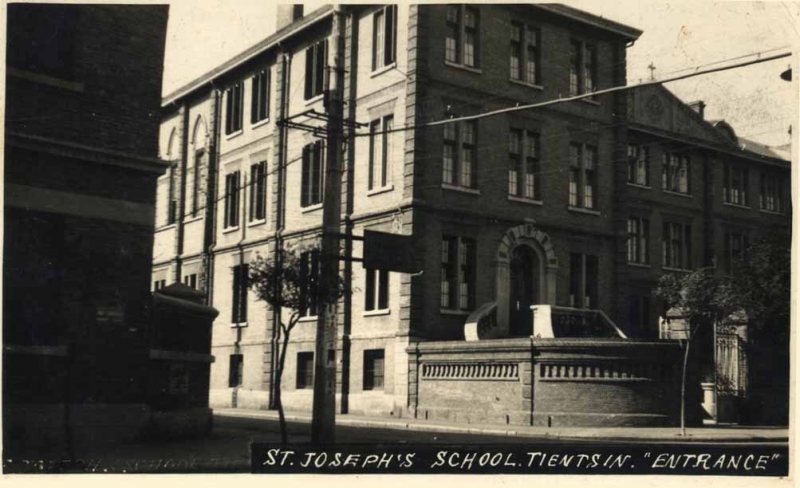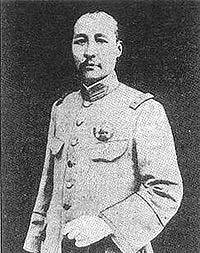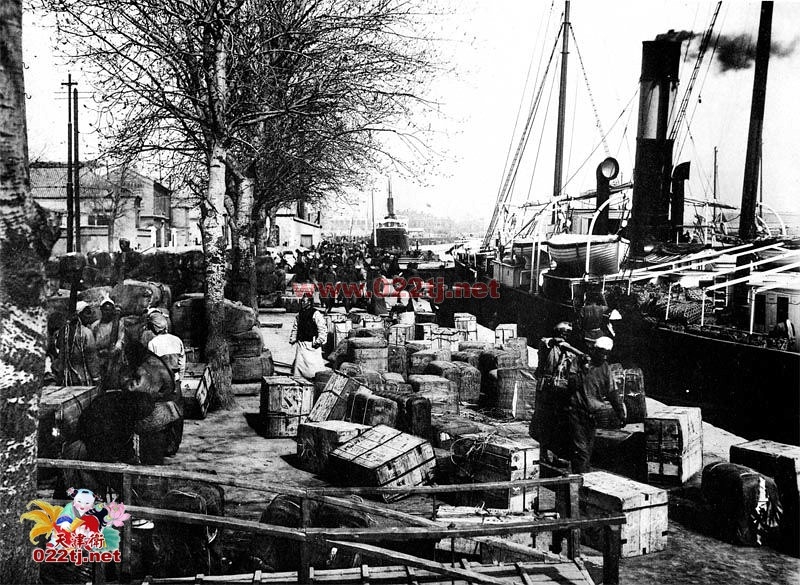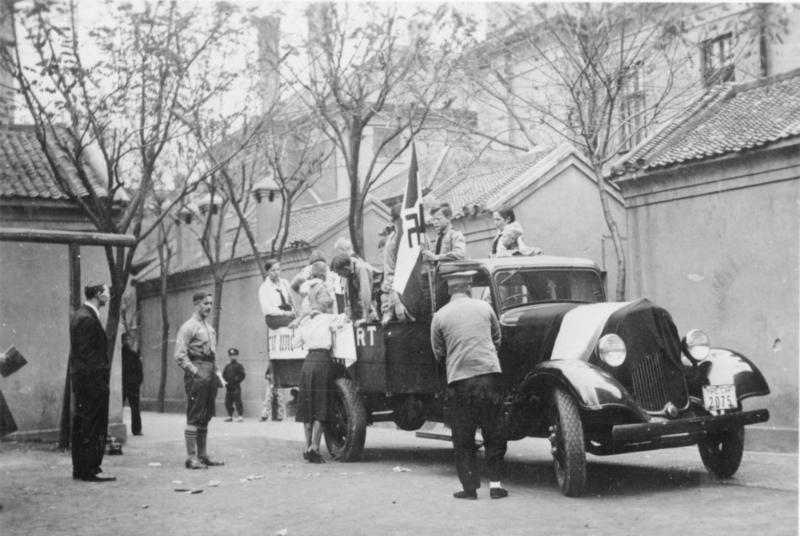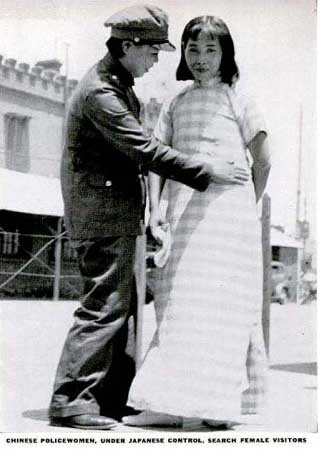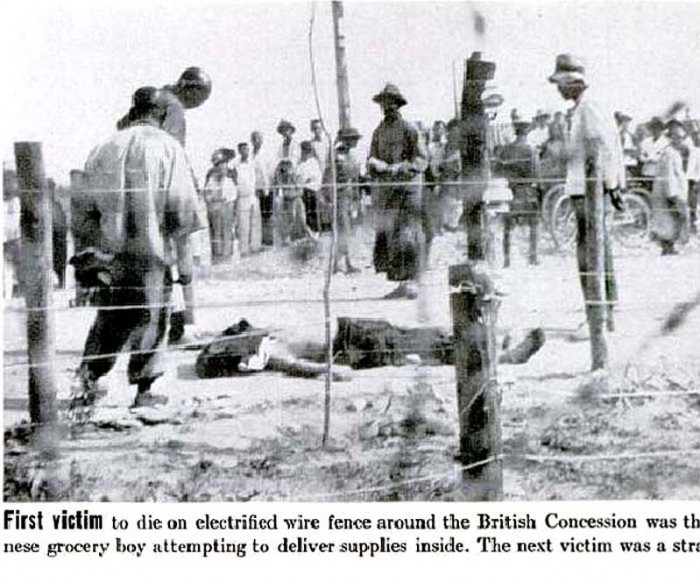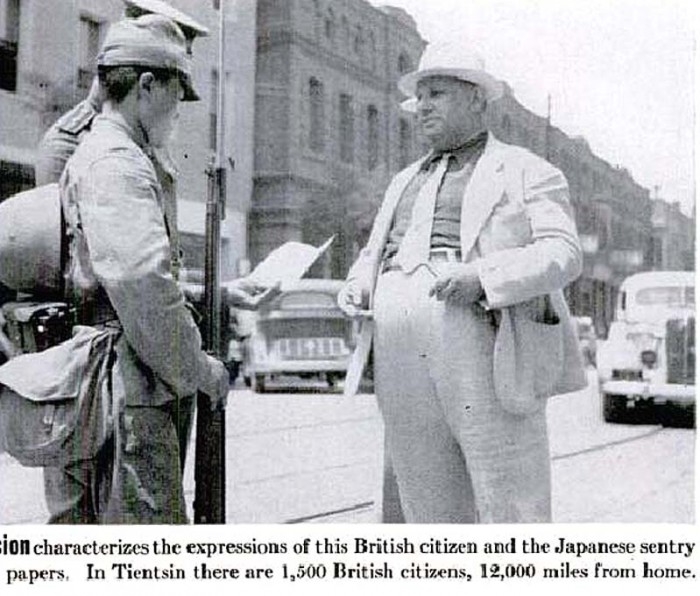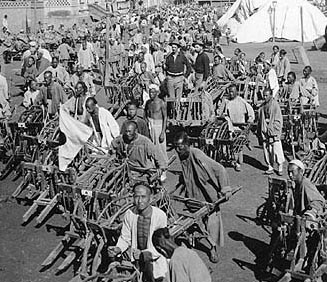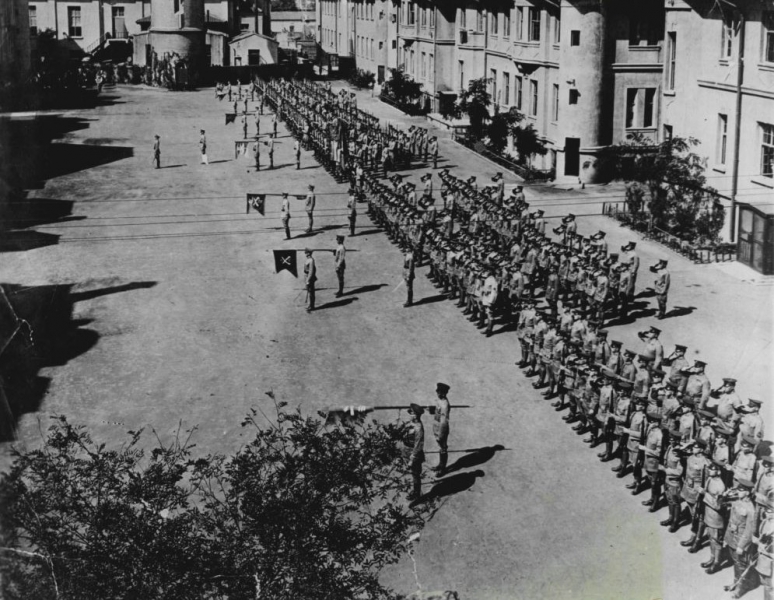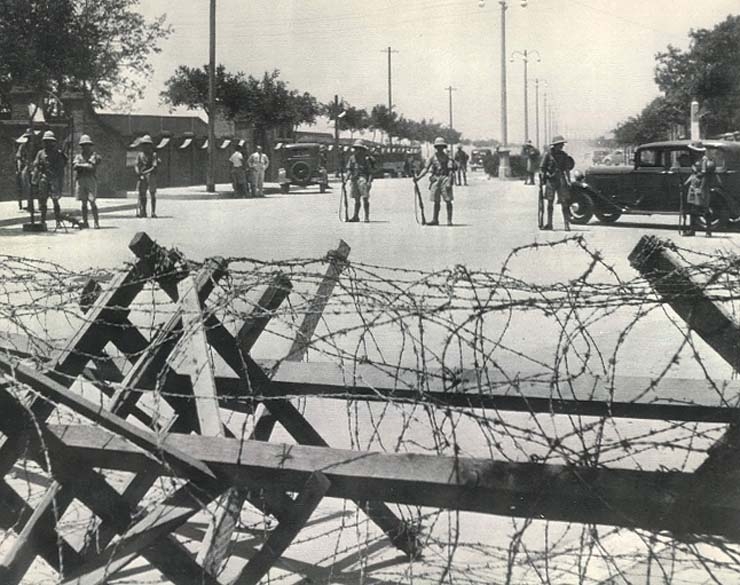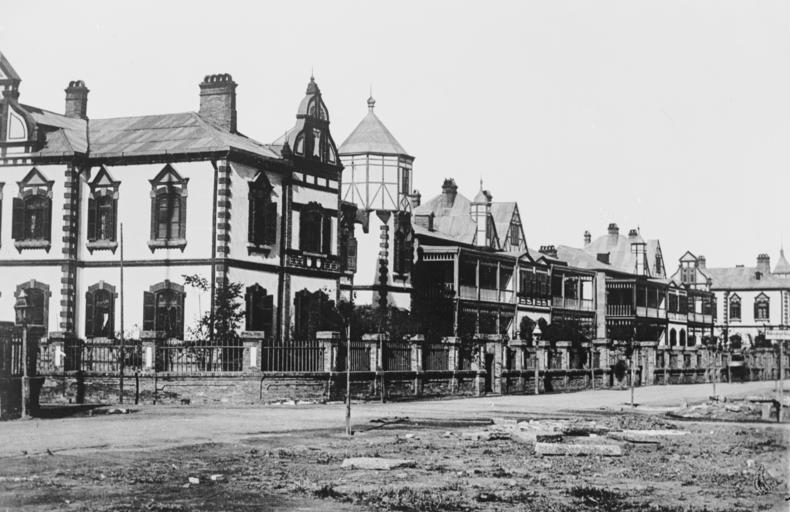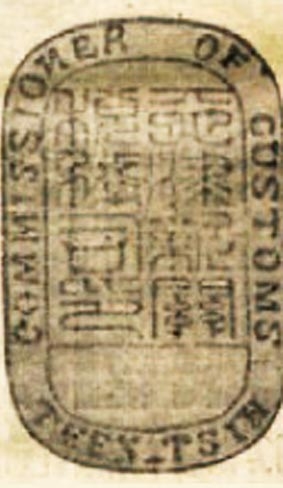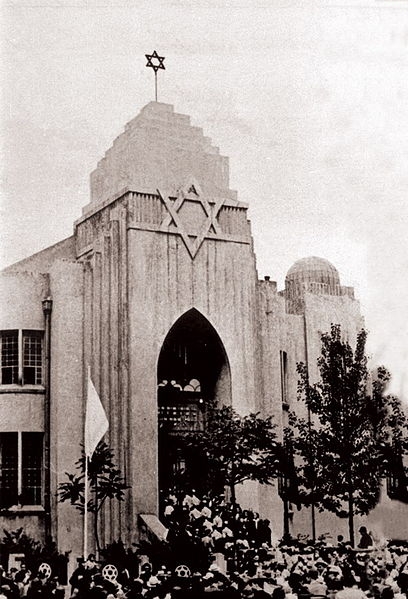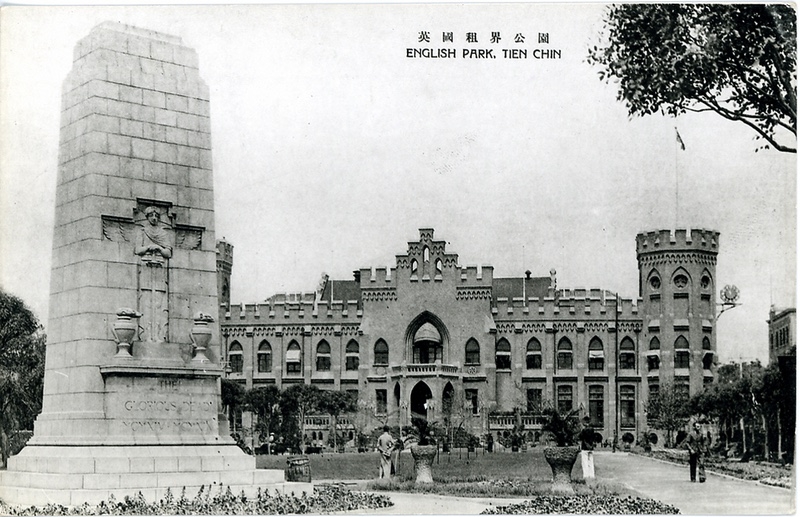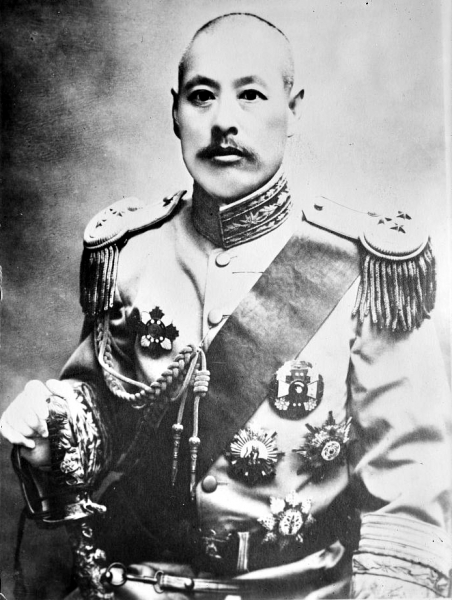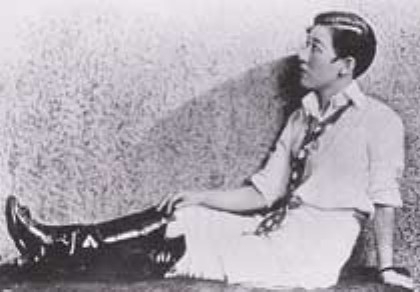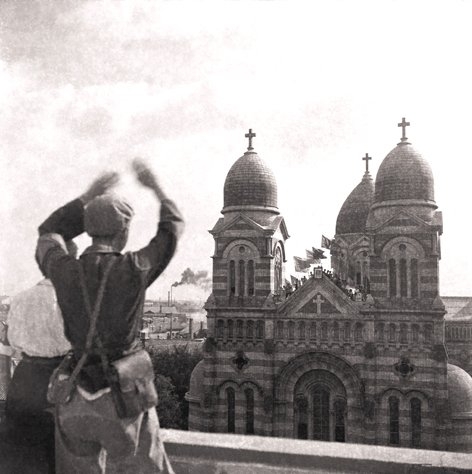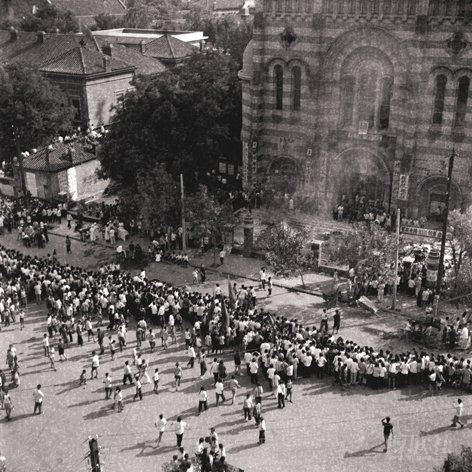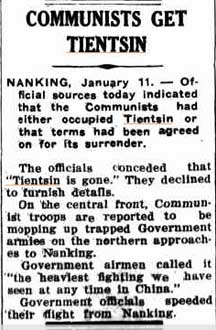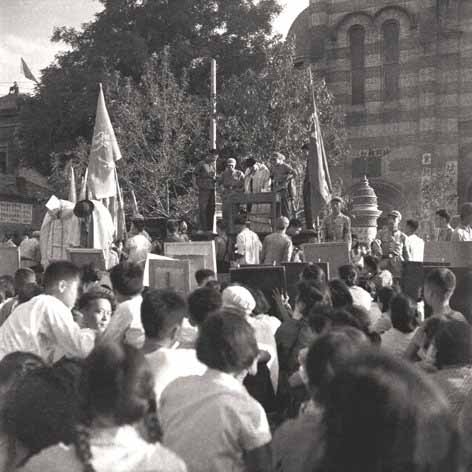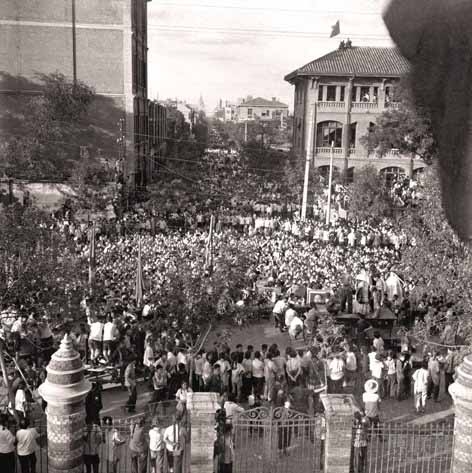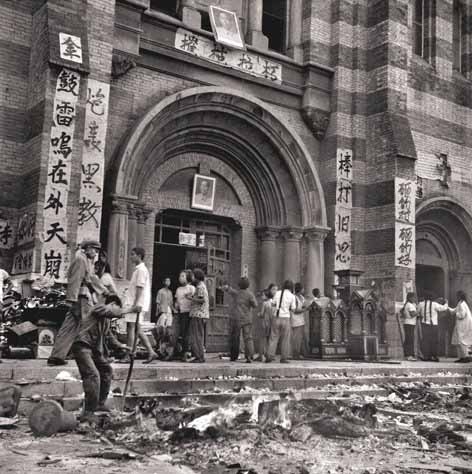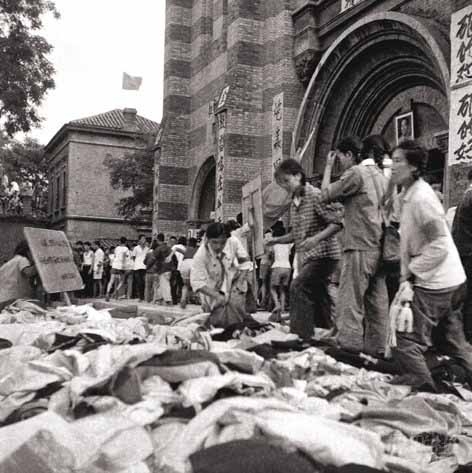Despite nearly a dozen city officials pushed from office, Valley City’s 15-year-old infighting is far from over
By C.S. Hagen
VALLEY CITY – Russell Myhre lit a second cigarette, pulled his wool coat closer against the February chill after proudly revealing a red heart tattoo on his chest. He waved to Fred Thompson, former Valley City Police Chief, from across the parking lot behind his law office.
“Hey, Mr. Thompson, come on over here, my friend,” Myhre said. “You just wandering around?”
“Nope,” Thompson said. No mistaking the man was law enforcement. Large framed, shoulders slightly stooped, he eyed the area before shaking Myhre’s hand. “Taking care of shit.”
Two survivors of Valley City’s past decade of political turmoil, a verifiable “Game of Thrones,” Myhre described the contention between politicians and a local citizen’s group. One former police chief, retired in late 2016 after months of investigations, now looking for work; one attorney, nearing 70, tired of the fight and on his way out of Valley City’s political arena. Both “moping with intent to lurk” they say jokingly while discussing the city’s fierce struggles.

Russell Myhre and blood brother Isaac Dog Eagle, Jr., fifth generation direct descendant of Sitting Bull – photo provided by Russeel Myhre
Stories roll from Myhre’s tongue easily, voice purring in English or Lakota like a finely-tuned Harley Davidson engine. He doesn’t fit the stereotype for any city attorney, describes himself at times as a city enforcer. A Harley clock, pictures of years gone by – Isaac Dog Eagle, Jr., a Standing Rock Sioux medicine man who adopted him as a brother, Myhre as a lobbyist for ABATE of North Dakota – hang from his office’s windowless walls.
No windows because in his line of work, he needs to eliminate routes for attacks. He once carried a pistol in his waistband, used to hide another in a desk drawer. Myhre has been shot at, stabbed, beaten and left for dead while busting drug dealers, brushed the fear from his sinewy shoulders and kept cruising.
“And I’m still alive,” Myhre said. “People who know me say I’ve lived several lives.” One life he led started before 1982 when he became involved in Native American causes, and later met his wife, a model and “aspiring starlet” Benedicta “Bennie” Frances Callousleg, an enrolled member of the Standing Rock Sioux Tribe, who passed away in 2009. They had two children, Amanda and Joshua.
Six years of near-constant conflict with the Citizens for Community Involvement, however, and he’s finally following nearly a dozen others’ routes to leave government work in Valley City. He’s rearranging his career, “easing” his law practice to another city, plans to rebuild his former practice, but will not sever ties with Valley City.

Russell J. Myhre, Valley City Attorney in his office – photo by C.S. Hagen
Citizens for Community Involvement, or CCI, is a grassroots organization in Valley City, Keith Colville’s brainchild, former president Robert “Bob” Drake said. The group’s mission for the past 15 years has been to fight city hall on decisions and personnel they don’t agree with. Among other issues, CCI’s goals include abolishing property taxes, opposing real estate assessments, and eliminating the Valley City Police Department,. They’ve called for armed citizen patrols when brawls went viral outside city bars, and they’ve investigated, frequently petitioned, for the dismissals of many city and county leaders they deem corrupt.
Heroes, some call CCI; others curse the name.
At least 11 city leaders and employees have left or will be leaving their posts in nearly as many years in Valley City, due in part to the ongoing conflict. Despite the exodus of politicians, CCI’s “duty” isn’t finished. Most recently, after Mayor Dave Carlsrud, a former high school wrestling, basketball, and football referee, made a public plea to residents to recognize rules of order during city commission meetings, CCI member and Valley City resident Lloyd A. Nelson took the podium and refused to leave until police approached him, according to Myhre.
“I would have to say that virtually all of the appointed officials have had various threats, false charges of corruption and criminal acts, and informal smear campaigns against them,” Myhre said.
CCI members have run for political office; most, so far, have failed. They had a friend with former Mayor Bob Werkhoven, who resigned shortly into his second term due to “health issues,” but only after an investigation and grievance claims that he created a hostile work environment, according to city records. Myhre, Thompson, and current City Administrator David Schelkoph filed grievances against the former mayor, receiving settlements: Myhre received approximately $212,000, Thompson received $110,000, and Schelkoph’s settlement amounted to a three-year extension of contract, legal fee payments, and a “golden parachute” guaranteeing him six-months severance regardless of whether he voluntarily resigns or is involuntarily terminated.
Today, many people are reluctant to run for government, Myhre said. Many, including him and his daughter Amanda, most of his staff at Myhre Law Office, are moving away.
“I cannot get other attorneys to come here and take over and you know what?” Myhre said. “They say, ‘Why would I want to move to Valley City?’” Applicants for the police chief position after Thompson stepped down were also few and far between, Myhre said.
“Are the citizens of Valley City going to stand up?”
So far, mostly at night, in local restaurants and sometimes deep in their cups, Valley City residents sidle close to share their disdain for city politics, whispering support to Myhre, he said.
“Not many can withstand the constant attacks.”
Myhre says CCI’s actions to replace law enforcement with an elected sheriff’s department is a tactic of the Posse Comitatus, an early anti-Semitic, white supremacist organization that in 1983 found a champion in Gordon Wendell Kahl. After refusing to pay taxes and garnering some local support, Kahl shot and killed two federal marshals at a roadblock outside of Medina, North Dakota, then led federal investigators on a four-month-long manhunt, which ended with the death of a sheriff and Kahl’s own life in Arkansas.
“Giving all police powers to a locally elected sheriff, of course, is a page right out of the Posse Comitatus playbook,” Myhre said. “Such groups’ goals are to bring a whole bunch of people in and overwhelm a community.” A tactic white supremacist groups also use under the Pioneer Little Europe campaign to buy out properties and infiltrate a small, dying town, and then insert their followers into positions of power. Valley City has been targeted as one of twelve North Dakota towns for takeover, according to Pioneer Little Europe North Dakota.
“Another goal is to destabilize the existing government, and I think that’s what they’re following here in Valley City. They have gone seriatim against virtually every elected or appointed official in the city and have made accusations against them. Either they have dug up really old stuff that goes far beyond the memory of man, or they make something up out of nothing.”
“No one has the right to bully or intimidate this question into existence,” Schelkoph said in an email.
Others aren’t sure about a racist connection, but say CCI’s methods resemble the John Birch Society, a conservative and influential conspiracist group supporting anti-communism and limited government, and is described as being radically far-right in its philosophies, according to the Southern Poverty Law Center, a nonprofit hate watch firm.
CCI members reportedly called the first city administrator, Dave Johnson’s adopted Chinese daughter, a “gook,” which may have been part of the reason Johnson created the 2006 website portraying CCI members as Nazis and Ku Klux Klan members. Myhre’s daughter, Amanda, said she has been called a “prairie n***er” by CCI members while waiting in town for automobile repairs.
In 2013, when the local Pizza Corner began hiring immigrants and African Americans to expand its business, some of the mostly-white residents of Valley City didn’t like to see their city changing, Myhre said. Fights began breaking out on weekends outside of bars during smoke breaks, and CCI proposed setting up a civilian armed patrol.
“Especially if non-whites were involved, it soon became very racially tinged,” Myhre said. “It set the city on edge, and that was the first indication of what he [Drake] wanted to do.” CCI’s motion to establish the armed civilian patrol was denied.
“I think white supremacy is one of the underlying themes we have going here,” Myhre said. The overall theme is about the taxes, the sovereign citizens, some of these concepts that they got, and they have been attempting to disrupt city government. It’s not just the city attorney, or the city administrator, they go after all of them.”
The connection to CCI’s white supremacist tactics lie with facts, Myhre said, and the groups’ repeated attempts to create havoc in city government.
CCI members deny having anything to do with racist or white supremacist agendas.
Wes Anderson, the curator for Barnes County Museum, said racist roots in Valley City date to the 1920s, when the city had a covenant banning all black people from living in Victory Park. The museum holds newspapers and books dating to a time when blatant racism was not only allowed, but accepted. Tucked safely away in back offices and boxes he has a Ku Klux Klan sword discovered in the floorboards of a local home, and Nazi armbands brought home from World War II as souvenirs.

Wes Anderson, curator of Barnes County Museum – photo by C.S. Hagen
“Dark history,” Anderson said. The items have come out for display before, but Anderson says it’s uncomfortable and awkward. “Not a proud part of our history. There are better stories to tell. I keep the Nazi stuff off display as it is hard to maintain good security on them as there is indeed a value to them.”
As a historian, Anderson said Valley City struggles can be examined and possibly understood under the Strauss-Howe generational theory.
“There’s a school of thought that history is on a four cycle pattern of generations,” Anderson said. “There’s a generation of builders, and a generation of users, and a generation that tears down, then a generation that suffers, followed again by a the generation of builders. The World War II generation were the builders, and you can see that, they’re the ones that were in these communities and they created all these groups, the Eagles, the Elks, the Legion, they religiously protected all these groups.

KKK sword at Barnes County Museum – photo by C.S. Hagen
Each group potentially clashes with the next, and today the theoretical circle lands on Millennials – or the builders – who have returned with a renewed interest in community involvement and politics.
If the theory is true, it would help explain, at least in part, some of the city’s tensions over the years.
Citizens for Community Involvement
A few blocks from City Hall, seated in a semi circle in a back room of Iron Stallion Cycles, a motorcycle dealership, six members of CCI gathered to discuss their 15-year-long fight. None appear tired or ready to give up; they’re energized, preparing for the next battle.
Their eyes are set on Mayor Carlsrud, who is a “milk toast guy” never listening to the real issues, they said.
Long time CCI leader Drake, one of the group’s most prominent members, leans his large frame into an office chair, chuckles when asked if CCI is in league with white supremacists.
“I know all these guys in CCI, and there’s not one of them who is bigoted,” Drake said. “All they want is to make Valley City a better place to live.”
Nelson, a former command sergeant major who fought in the Gulf War, agreed. He’s elderly, enjoys playing the piano, and is a lifelong Valley City resident who recalled days when he didn’t have to lock his car. Now, he bolts his front door for a short walk to the garage, he said. He is angered by the recent resurrection on Blogpost of a “spoof” website originally created by Johnson in 2006, which depicts Nelson as a member of the Ku Klux Klan, and Drake to Adolf Hitler. The website was last updated on January 27, 2017 from Mountain View, California.
“They just made a few changes and posted it again,” Nelson said. The website ruined his race for mayor in 2006, he said. “It’s a huge mental disturbance for me. The people who hate the Ku Klux Klan are going to hate me.”
Garbage has been dumped in his yard; swastikas have been painted on his sidewalk, he said. He’s been repeatedly kicked from city commissioners’ meetings.
“I’m fearful,” Nelson said. “That is a hateful website and people are suffering because of this. People are afraid something is going to happen to them, and I am.”

CCI members (left to right) Lloyd Nelson, Cole Mindt, Robert Drake, and Brian Mindt – photo by C.S. Hagen
“Its unbelievable what they did,” CCI member Jack Ertelt said. He’s tall, wears a cowboy hat, and is a lifelong resident of Barnes County. “Look at what they did? Thirty years in the military and Bob a prominent businessman, and smear them like that? Once they go to that level there is no end to it.”
They say an arrest on a terrorism charge brought against Drake on September 18, 2016 for threatening former City Commissioner Richard Ross, also ruined his bid for county commissioner. The felony charge was lessened to a misdemeanor, but Drake had a criminal judgment ordered against him stipulating an “evaluation” and requiring that he complete “anger-management” classes, according to court documents.
 At times, the group acts as a godfather for the community, settling issues residents don’t feel comfortable taking to the the authorities. Tips are told to the group’s members sparking many of their investigations and petitions.
At times, the group acts as a godfather for the community, settling issues residents don’t feel comfortable taking to the the authorities. Tips are told to the group’s members sparking many of their investigations and petitions.
“We’ve had people come to us with an issue, because they’re scared to go to the city for fear of retaliation, so we bring their issues up for them,” Brian Mindt, Iron Stallion Cycles proprietor said. “Either they don’t know the channels, or they’re scared.”
City officials call their group toxic, Mindt said. A small copy of the US Constitution protrudes from his breast pocket. Pink Floyd’s “Another Brick In The Wall” plays over the store’s speaker system. Besides motorcycles and parts, Mindt also has a mini museum of handguns that his son Cole describes. German rifles converted into shotguns after World War II, Confederate and Yankee led bullets from the Civil War. An axe with the word “ISIS” handwritten onto the head hangs from a wall. Above the store’s main counter a sign: “Trump That Bitch 2016.”
Mindt supports President Trump with a “Make America Great Again” hat. He turned to his computer and opened a picture of a friend he has, a Mexican, who plans to move to Valley City. “It’s all a part of the smear campaign,” he said. “It’s not that we are against government, we just want them to be held accountable for what they do.”
CCI believes City Hall’s “crimes” have gone mostly unpunished. With nearly a dozen “notches” in their war clubs of former city leaders and employees who have either stepped down or quit because of their pressure, there are more that need to go, they said.
“Corruption draws corruption,” Ertelt said. “There’s going to be characters forever until we take care of what’s going on at City Hall. Their house of cards could come falling down on them. The exposure is widespread, it’s one article after another.”
They speak about favoritism shown to city leaders’ children after committing crimes, crooked commissioners who took advantage of the 2009 flood control programs to fatten their wallets through real estate deals. Worse than shady deals they hint at murder by police – unproven – and a case that will probably never see the light through their eyes.
“I don’t think there is another group like this in the state of North Dakota,” Ertelt said. “A watchdog group that pays attention to their local government whether it’s local or county, and they’ve never had to deal with organized opposition, although it is a loosely-knit opposition, the fact remains it’s here, and it’s staying here, and for how many years before I came on board.”
Although CCI’s inception dates back further than any of the current members remember, they say it became active in 2003 during controversies surrounding real estate assessments and a 911 emergency telephone center the city and the county both wanted.
Last week, Drake’s son, Tony, was attacked inside CH Carpenter Lumber Co. building. “They laid in wait for us, or somebody, to walk into the back area where I usually hang out, when Tony went to the bathroom they hit him in the back of the head and knocked him out.
“Whoever it was ran out the front door, and we don’t know who he was.” Drake is following leads, video footage to find the attacker, and doubts the reason for the attack was burglary. “They didn’t leave when they knew we were there, if it was a burglar ready to steal something, he would have run out the front door while we were in the back for five or six minutes.”
He doesn’t think the attack had anything to do with CCI’s fight against City Hall, but, “I’m not ruling it out.
“He got hit hard, but he was okay by the time police investigated and everything.” He refused hospital treatment, but friends and family are watching him for any signs of concussion.
Drake described himself as a “bull in a china store,” while his son inherited his more diplomatic genes.
“I’m more kill people with kindness, he’s more run over them with a truck,” Tony said. Although he and his father do not agree on many issues, their platform is the same.
Despite Mindt’s gruff appearance, long, greying beard, he’s speaks softly, used to be a Mason and an assistant Boy Scouts leader. Once, with his daughter, he drove more than 400 stuffed animals to the Shriner’s Hospital for Children in Minneapolis.
“And I’m still this mean hateful guy,” Mindt said. He recently lost a Supreme Court case involving a district judge, a Hispanic FedEx driver named Sergio Hidalgo Jr., racial slurs including the “N” word, and a secret knock.
Shave and a haircut, get lost. Mindt taps out the secret knock on his desk. He tells all delivery companies to use the secret knock at the back door to stave potential robberies. Mindt was charged with a misdemeanor for disorderly conduct in October 2015. He filed an appeal in the North Dakota Supreme Court in June 2016, citing District Court Judge Jay Schmitz should have recused himself as he is married to an American citizen from Puerto Rico, and racial slurs including the “N” word were used during the argument.
“There was this FedEx guy, I tried to explain something to and he just went off,” Mindt said. He attempted to appeal the judgment against him in Supreme Court arguing that “Jay Schmitz did not use reasonable judgment in handing down his decision.
“With Judge Schmitz being in an interracial marriage with a black person that is bias and prejudice. He should have recused himself right from the start.”
“So you would have us say that a white person could not judge a black person?” Justice Lisa Fair McEvers said.
“Probably not fairly if you are married to one, and your criminal complaint contains alleged racial slurs in there,” Mindt said. “Any reasonable man would say that ‘No, you probably would not.’”
Six other judges could have heard Mindt’s case at the southeast judicial district level, Mindt, who defended his own case, said.
“So you would have us perpetuate your racial stereotypes by entering that kind of judgment?” McEvers said.
“…It’s human nature to be at least somewhat biased,” Mindt said.
“Why should we assume bias?”
“Because he is in an interracial marriage.”
“You have pointed to nothing in the transcript that shows bias,” McEvers said.
“Not in the transcript, no,” Mindt said. “But he is in an interracial marriage. When he goes home he has to answer to that. That is always in the back of your mind.”
“You are guilty of the crime you are charged with,” McEvers said.
“No, ma’am, I am not.”
During the investigation, Mindt hired Darrell Graf as a private investigator, Myhre said. Graf, the former chief of police in Medina during Kahl’s shootout with US Marshals in 1983, has been alleged to be a Posse Comitatus sympathizer, according to History Commons.
During Mindt’s FedEx trial, Graf came into Myhre’s office. The Kahl shootout in Medina became a 1991 film entitled In the Line of Duty: Manhunt in the Dakotas, and it alleged that Graf warned the Posse Comitatus about federal marshals imminent arrival. Myhre believes that Graf was simpatico with those people, and is partly responsible for deaths of the two US Marshals: Kenny Muir and Bob Cheshire, a personal friend of Myhre’s.
“Here I am, 30 some odd years later, and I’m talking to the guy I think was responsible for killing my close personal friend sitting across from me,” Myhre said.
Graf came into his office to complain about not being able to interview police officers involved in Mindt’s case, Myhre said.
The future
Valley City isn’t all infighting and tension, it is the 13th largest city in North Dakota with approximately 6,500 residents. It has an active college, Valley City State University, and is nestled between high hills cozied up to the Sheyenne River.
Myhre’s last day as city attorney approaches, and he’s glad to be leaving town. He said he has lost hundreds of thousands of dollars due to the conflict, and allegations against him that he gave alcohol to a minor, a charge that was investigated and dismissed by the Bureau of Criminal Investigations. He plans for a fresh start, in a new city.
Thompson is thinking about applying for police work again, possibly “throw his name in the hat” for the recent vacancy in West Fargo.
He will be sad to leave Valley City, he said, despite his four-year and eight-month term as Valley City’s police chief facing sexual misconduct allegations and an investigation about him drawing his sidearm on a father playing war games with children in a yard, he has fallen for the city.
But he still harbors ill feelings for the troubles he went through, he said.
“They didn’t want the guy from the big city, that’s been a continual thing all along.” Thompson was a former captain in the Henderson Police Department in Nevada. “They have no idea what they did when they made me leave. The biggest supporter of this town, and they threw it away. The chances of them finding someone with experience is somewhere between slim and none.”
If CCI gets their way, for instance by combining the city police with the county sheriff’s department, Thompson said corruption will run rampant.
“It gives you the opportunity to have corruption in the police department,” he said. “If you control the purse, and control things like housing, it would be pretty easy to make it so certain people don’t live here.”
“Someone once told me that the nicest thing about North Dakotans is that they leave you alone,” Myhre said. “The bad thing about North Dakotans is that they leave you alone, and that’s part of what this is. No one wants to confront these bad actors, these miscreants and malefactors, who cause all this disruption, because they think it’s not my problem. If I say something then they’ll turn their attention on me, and I don’t want that. That’s why I think they’ve managed to buffalo this city for over a decade.”
“If you look at this city we have a lot of good things happening here” Thompson said. “This is one of the most beautiful places in North Dakota, we have so many people who are good, honest people, and yet we have this small contingent that has bullied and buffaloed the people, making them afraid to speak.”
Drake was not born in Valley City, but doesn’t plan on leaving. He owns businesses such as Budget Burger, and other properties, but he’s currently not planning on running for political office again, admitting the fire in his belly has simmered due to aging.
“People in Valley City are the greatest people I’ve ever met,” Drake said. “It’s just the few who happen to rise to the top that basically get in-between a rock and a hard place and say I’m just going to go along with it.”
Once Myhre steps down as city attorney, Drake said their relationship, once at a friendship level, cannot be repaired.
“It’s all really crooked, and it all stems around incompetent and very vindictive city attorney.” He filed the same complaint that Myhre gave alcohol to underaged girls to the North Dakota Bar Association Disciplinary Board. “And at this moment they’re looking into admonishing him or filing charges of their own,” Drake said.
“The complaint by Drake to the state bar association’s inquiry committee, while not resolved at this time, appears to be dismissed summarily,” Myhre said. “This is an indication that it lacks merit.”
Drake is also hoping Schelkoph soon steps down. In a letter written to City Hall, Drake wrote to Schelkoph: “You said if the people don’t want you, you would leave. I think it is past time. I think you should seek employment in another state. Leave.”
When asked if they retaliate against people who disagree with them, CCI members laughed.
“How am I going to retaliate?” Drake said. “I don’t have authority, I don’t retaliate. All I do is hear an allegation like the chief of police sexually harassing a female officer, and look into it. They’re throwing stones at everyone but themselves. If you go in and put it in writing, they say, ‘Oh, it’s just an allegation we aren’t going to investigate that.’ Well, everything is an allegation until it’s investigated.”
While Nelson was in Iraq, he once received a report that the leader of the Alabama group under his care was mistreating black people. “I wrote him up, and when he came back to the United States, he was out of the National Guard immediately. So that makes me a racist? They have no idea of the background or what goes on with any of us. You know what the hell they do with white supremacists? Look at that Craig Cobb.”
As to disbanding city police, that fight isn’t over yet either, Mindt said. “The theory behind that is all we’d be doing is changing these men in blue into brown. We got too many chiefs and not enough Indians,” he said. “They would be held accountable, because in four years we could vote them out.”
“There are a lot of different people in this country now,” Nelson said. “And there is no more punishment any more. Things have changed, it’s the teacher’s fault, or you shot somebody and it’s the gun’s fault.”
“We’re a constant nemesis for the city that won’t go away,” Ertelt said. “Every time they mess up it gets exposed, and comes right back to CCI.”
“If we just gave up, and folded, and quit, things would get so much worse so much faster,” Mindt said. “I want Valley City to be the town of roses and everything they say it is.”
“They already think we’re a hateful group and that we’re going to bring out the militia and take over the city,” Tony said.
“You’re never popular in your own city,” Nelson said.
“That’s biblical, Lloyd,” Drake said.
Scooting closer, hands folded almost prayer like, Drake said what Valley City needs.
“Valley City needs an honest newspaper. That would take care of the entire problem.”
“I see what has taken place here as a microcosm of what is happening on a macro scale, both in terms of local and state political science, but what is occurring in terms of an emerging shift in the political narrative,” Myhre said.
To an extent, CCI agrees on that point. “If you want to know what Valley City is, it is a microcosm of what’s going on in Washington D.C.,” Tony said. “Every person has their kryptonite, and this city’s kryptonite is the truth. And you can quote me on that.”






































































































